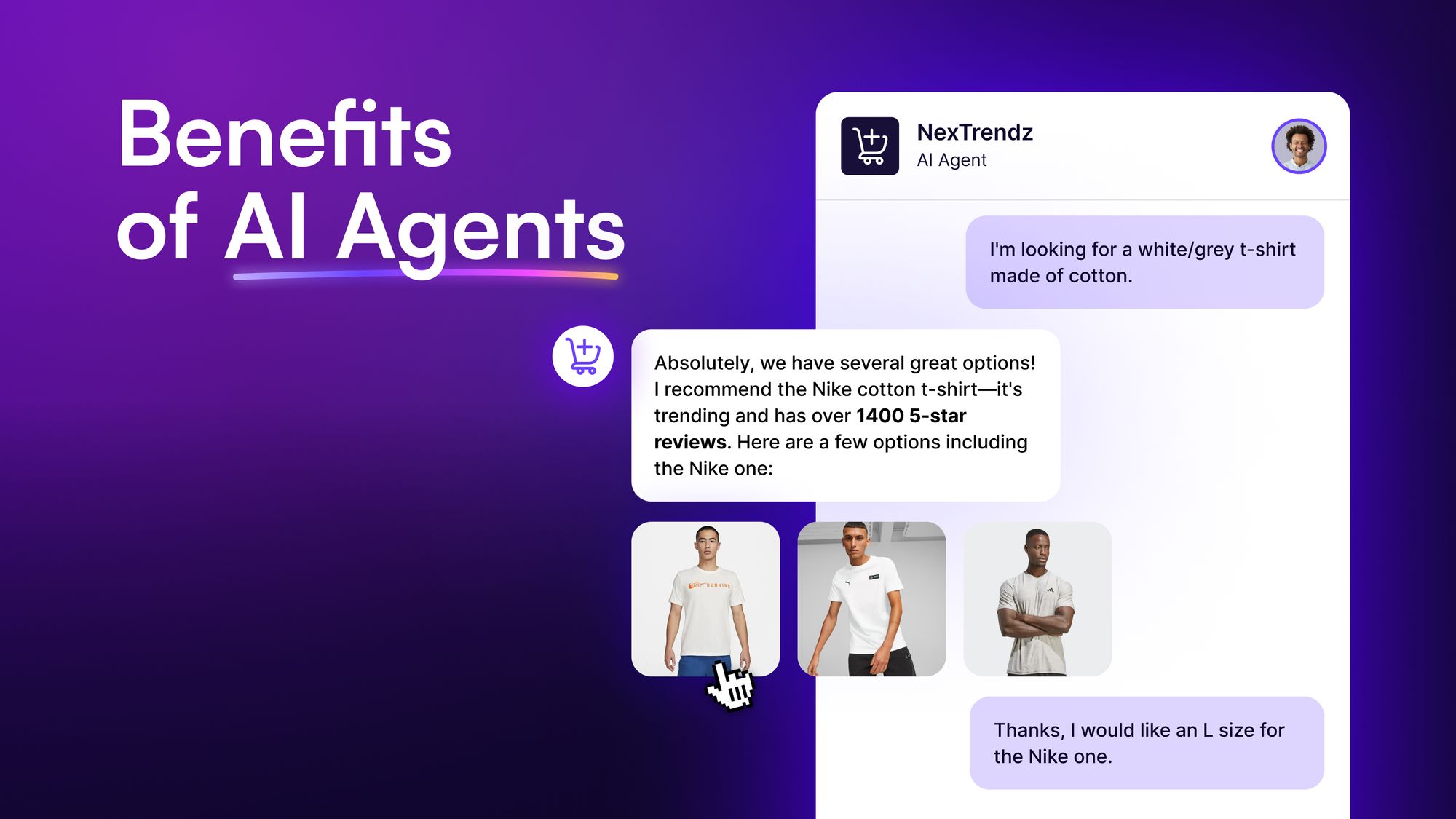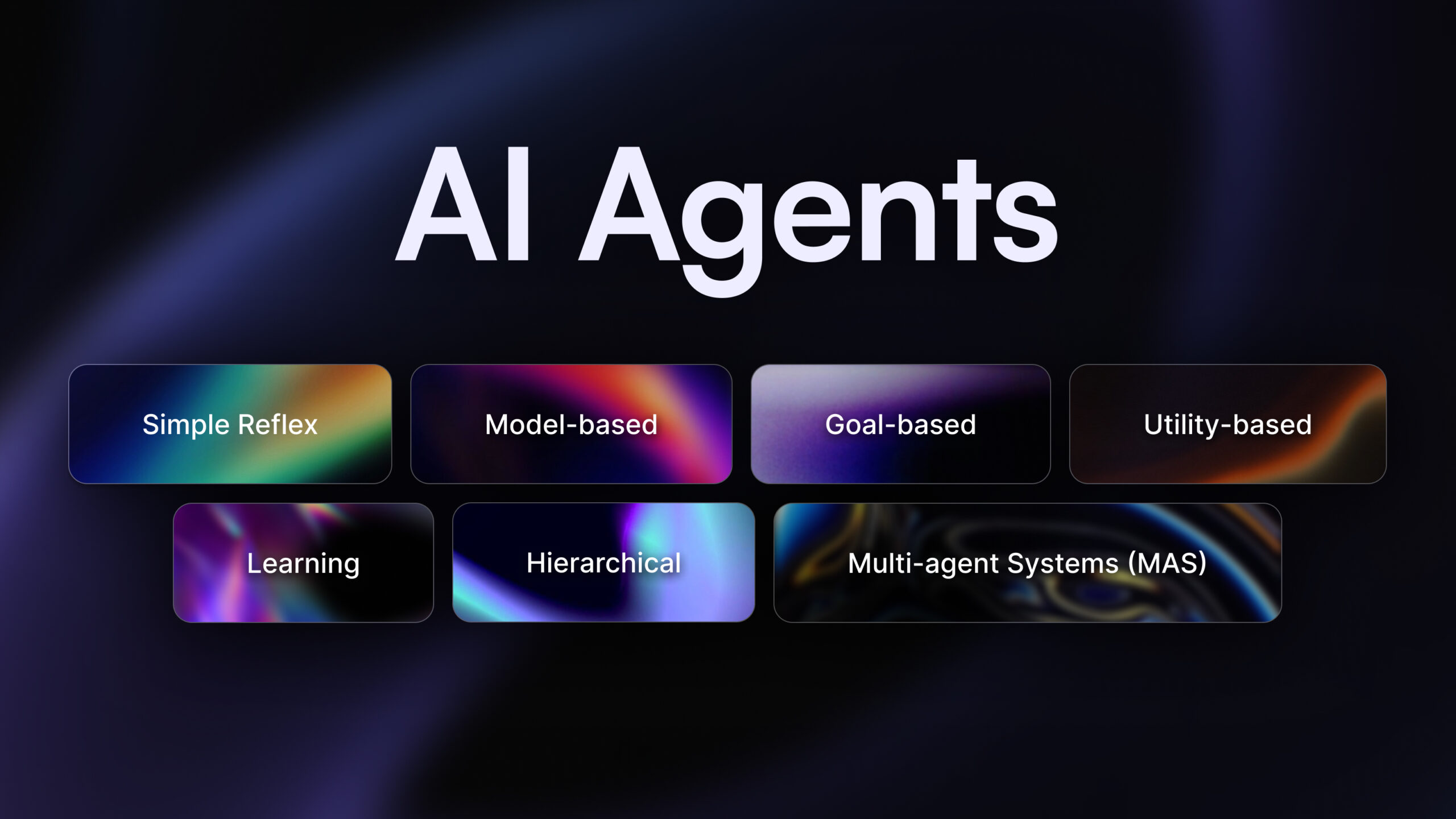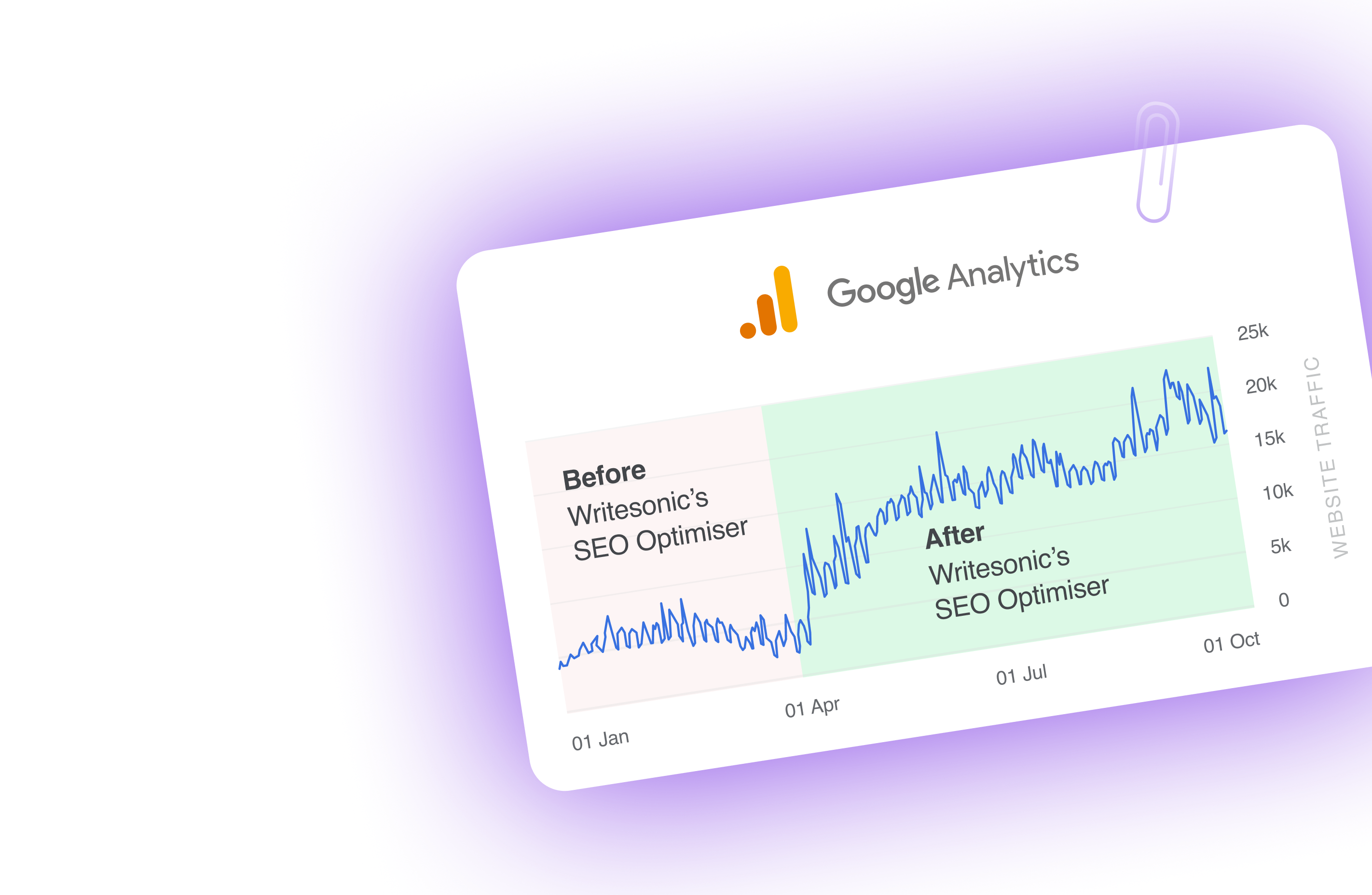Thanks to the right tools and technologies, starting an AI marketing agency today is easier than ever.
With AI’s ability to automate and optimize key marketing processes, businesses can now offer smarter, more efficient services.
Plus, with the expansion and demand for artificial intelligence-driven solutions in marketing, AI marketing agencies hold massive potential and value in the long run.
And with AI agents like Chatsonic, changing the game, aspiring AI agency owners can easily tap into this growing market, offering cutting-edge services that meet the evolving needs of businesses.
So, if you’ve ever dreamed of establishing your own AI marketing agency, now is the time, and we’re here to show you how to do it!
Here’s what you’ll learn from this blog:
- How to run a marketing agency using AI.
- Using Chatsonic for content creation, SEO, and market analysis for your AI agency.
- How AI enhances marketing workflows.
- Best practices for leveraging AI in marketing agencies.
- How to measure ROI and automate reporting with Chatsonic.
What is an AI marketing agency
An AI marketing agency is a company that uses artificial intelligence to boost marketing strategies. These agencies use AI to automate tasks, crunch data, and tailor marketing to individual customers.
An AI-powered marketing agency integrates AI tools to optimize and elevate marketing performance and adapt to market trends for client companies.
Some of the core AI marketing services offered by agencies include:
- Content creation: Leveraging AI writing tools combined with human expertise to help generate engaging content quickly.
- Search engine optimization: Improve search engine rankings with data-driven insights using AI SEO agents.
- Marketing data analysis: Use AI to understand customer behavior, trends, and overall marketing performance.
- Social media management: Automate social media posting and analyze engagement.
- Email marketing: Personalize campaigns based on data insights and automate email content creation.
- Ad campaign management: Optimize and run targeted ad campaigns with AI that effectively analyze performance and allocate budgets.
Research from Statista shows that AI marketing is set to skyrocket from $15.84 billion in 2021 to $107.5 billion by 2028, making now the perfect time to start an AI agency.
Businesses increasingly seek AI solutions to boost ROI through better targeting, automation, and personalization.
Plus, not all organizations have the time, capacity, resources, and expertise for a full-fledged marketing strategy and workflow.
This means AI marketing companies and AI-driven digital marketing have great potential and demand for business across various industries.
What is AI marketing, and why is it important?
Not very long ago, marketing activities relied heavily on manual processes and intuition.
But today, AI marketing agents have transformed common workflows by automating tasks, analyzing vast datasets, and providing personalized customer experiences.
According to a report by Accenture, AI has the potential to increase business productivity by up to 40% by 2035, with marketing being a major area of impact.
With this shift to AI-driven processes, advertising, content, and marketing teams are now operating at a much faster pace with more efficiency.
For example, keyword research is a process that requires extensive time, data, and tools for content marketers.
Before the emergence of AI marketing tools, teams had to rely on disintegrated systems spanning between manual web search and complex keyword research tools for content optimization.
I remember when I used to rely on multiple tools like Ahrefs, BuzzSumo, Google Trends, and Answer the Public just for simple topic analysis.
Not only did this process get cumbersome, but it was also extremely time-consuming as different tools require some expertise to understand and execute.
Fast forward to today, I can rely on artificial intelligence to speed up processes without relying on multiple tools.
P.S.: Chatsonic goes beyond keyword and topic gap analysis. This robust platform acts like your own personal AI marketing consultant by providing an end-to-end marketing workflow.
How AI agents can help start a marketing agency
AI agents stand out for marketing purposes for their ability to autonomously adapt and learn from real-time data, unlike traditional AI systems that rely on pre-programmed rules.
These agents can make complex decisions, personalize interactions, and optimize campaigns on the fly, offering a level of agility and responsiveness that traditional AI can’t match.
Moreover, AI agents can seamlessly integrate across multiple marketing channels, providing a cohesive strategy that evolves with changing consumer behaviors and market trends. Their capacity to process and act on vast amounts of data in real time enables marketers to achieve unprecedented levels of targeting and personalization, significantly enhancing campaign effectiveness and ROI.
Here are a few ways different types of AI agents can help start your marketing agency:
- AI-powered content creation tools can generate marketing copy, social media posts, and ad variations, allowing your agency to produce high-quality content at scale for multiple clients.
- Predictive analytics AI can forecast campaign performance, helping your agency optimize budget allocation and improve ROI for clients across various marketing channels.
- AI-driven customer segmentation tools can analyze vast amounts of data to identify micro-segments, enabling your agency to create hyper-targeted campaigns that resonate with specific audience groups.
- Automated A/B testing AI can continuously optimize landing pages, email subject lines, and ad creatives, ensuring your agency delivers peak-performing assets for every client campaign.
- AI agents for social media can monitor brand sentiment, track competitors, and identify trending topics in real-time, helping your agency stay ahead of market trends and provide timely insights to clients.
The bottom line is that with AI agents, marketers can make more informed decisions and create objective strategies based on real data, not guesswork. Not to mention the immense automation capabilities for your workflow.
💡Learn more about: AI Marketing Agents + 14 Strategies to Use Them
How to start an AI marketing agency with Chatsonic
Starting an AI marketing agency might seem daunting, but with the right approach and tools, it’s more achievable than ever.
If you’re wondering how to start an AI agency, Chatsonic provides the perfect platform to streamline processes and deliver cutting-edge marketing solutions.
Here’s a seven-step process to help you get started:
1. Define your niche and services
Starting an AI marketing agency begins with defining your niche.
Are you targeting e-commerce businesses, tech startups, or perhaps healthcare providers?
Identifying your niche is crucial because this will help position your AI marketing service as an expert within its industry.
The key is to identify a sector where AI marketing can make a significant impact and is in high demand. Once you’ve pinpointed your niche, outline the services you plan to offer.
These services can range from content creation to AI-driven digital marketing or SEO audits for startups.
How Chatsonic can help:
Chatsonic can be your go-to tool for understanding market dynamics and trend identification.
With a quick prompt, you can analyze industry trends for your target market, identify gaps, and understand how to tailor your services to meet specific client needs.
The best part is that Chatsonic always provides you with the most recent and fact-checked data for reliability.
Here’s how I used Chatsonic’s AI marketing agent to help me define a niche for a potential AI agency:
I asked Chatsonic to identify which industries have a high demand for AI marketing services and what my agency should offer to fill market gaps in the U.K.
As you can see, I received a report with the latest data on high-demand industries for AI marketing agencies, recommended services, and ways to capitalize on these opportunities.
2. Set up your business structure
Establishing a solid business structure is crucial for your AI digital marketing agency.
This involves making key decisions about your business’s legal and operational framework.
Legal considerations for AI marketing agencies include compliance with advertising regulations and intellectual property laws. Consulting with a legal expert can help you navigate these complexities.
Given the nature of AI marketing, handling customer data responsibly shouldn’t be overlooked.
So, familiarize yourself with data protection laws such as GDPR or CCPA to ensure your agency operates ethically and legally.
Finally, you need to decide whether to register your AI digital agency as a Limited Liability Company (LLC) or a sole proprietorship.
An LLC offers liability protection and can be beneficial for tax purposes, while a proprietorship is simpler to set up and manage.
Consider your long-term goals and consult with a financial advisor to make the best choice for your agency.
3. Build your online presence
A strong online presence is the key to showcasing your AI marketing expertise and attracting a client base.
Here are some elements to consider when building your online presence for your AI agency:
- Website: Highlight your services, story, package pricing, use cases, and measurable success stories. Don’t forget to cover your niche, target audience, and geographical location.
- SEO content: Create SEO-optimized content to improve visibility and attract the right clients.
- Social media: Share thought leadership on platforms like LinkedIn to connect with decision-makers.
- Targeted ads: Use AI tools to run precise ad campaigns that attract ideal clients.
If you don’t have the expertise to build a website for your agency, you can either outsource this task or rely on an SEO website builder.
Of course, a strong online presence requires time and effort for content creation. Fortunately, Chatsonic and Writesonic offer powerful AI content-writing agents for your website and social media activities.
These tools enable you to produce high-quality, SEO-optimized content that attracts visitors and converts them into clients.
Remember that spreading yourself across various channels is the key to online presence.
As Neil Patel (founder of Neil Patel Digital) explains:
“Marketing has evolved into an omnichannel approach. This means you can no longer go after one channel to succeed. You need to create a seamless customer experience across all marketing channels for higher discoverability.”
4. Develop AI-driven service packages
Providing clear and well-structured service packages is essential for showcasing your marketing agency’s value and making your offerings more approachable to potential clients.
When you design service packages tailored to your niche, you address your target audience’s unique needs and challenges head-on.
This customization highlights your expertise and establishes a sense of trust and professionalism.
Here are some potential AI marketing services you can offer through your packages for clients:
- Basic package: Foundational services like creating high-quality blog posts, product descriptions, or website copy, paired with SEO optimization such as conducting basic keyword research and optimizing on-page content to improve visibility.
- Professional package: Includes basic services, along with social media management, monitoring performance, optimizing campaigns, and implementing platform-specific growth strategies.
- Enterprise package: This is your all-encompassing offering, which includes advanced services like end-to-end marketing automation, marketing strategy development, multi-platform ad campaigns, content calendar creations, and performance management.
Each package provides a clear value progression, making it easier for clients to choose based on their needs and budget.
Keep in mind that with each package, you should also offer clients informed market analysis, performance tracking dashboards for the services provided, and monthly strategy consultations.
Ultimately, clients value an AI marketer handling routine tasks while getting strategic guidance from experts from a digital marketing agency.
So, a balance between AI and your own expertise is crucial for quality output.
💡Read more about: How To Get SEO Clients + 8 Strategies Every Business Needs
5. Invest in the right AI marketing agents and tools
Did you know that 62% of professionals find AI important to their marketing? This makes investing in the right AI tech stack a crucial aspect for your agency.
However, many marketers and in-house marketing teams rely on multiple tools for various tasks, leading to increased costs and fragmented workflows.
However, this hinders productivity and makes maintaining a cohesive, centralized marketing workflow challenging.
That’s why I love Chatsonic as an all-in-one AI marketing platform. It offers a centralized solution to this problem by providing a centralized platform for your marketing needs.
Here’s why Chatsonic is an effective choice for streamlining marketing operations:
1. Integrated AI models:
Chatsonic combines multiple AI models (ChatGPT, Claude, Gemini) with essential marketing tools, creating a unified hub for your marketing activities.
This integration reduces the need to switch between different chatbots, enhancing overall productivity.
2. Real-time data access:
Unlike other conversational AI tools like ChatGPT and Claude, Chatsonic stands out for its factual data output based on real-time web search.
This lets you make data-driven decision-making and saves time on manual data collection.
Instead of relying on multiple tools for marketing research, you can conduct an in-depth analysis within Chatsonic.
3. Versatile content creation:
Chatsonic can generate various types of content, from social media posts to in-depth articles. It focuses on creating SEO-optimized, brand-aligned content that resonates with your target audience.
4. Integrates with your marketing TechStack:
The platform guides you through each marketing process step, from ideation to analysis.
By connecting with tools like Ahrefs and Google Search Console, Chatsonic provides up-to-date and fact-checked insights without leaving the platform and manual cross-checking.
With its strong integration capabilities, you’ll get seamless data ingestion, processing, and publishing.
5. Brand consistency
Chatsonic allows you to customize your brand’s voice and style, ensuring consistency across all generated content. This feature helps maintain a cohesive brand image across different marketing channels.
This is especially useful for an AI content agency that deals with multiple clients with different target audiences. You can easily switch between multiple brand voice templates, so you don’t have to retrain your AI agent each time.
My team used to switch between multiple platforms for different tasks. Now, we do everything from market analysis to content creation using Chatsonic.
New agency owners should know that picking the right tools early prevents things from getting pricey later.
Smart tool choices helped us maintain consistent quality while scaling operations for clients of all sizes.
6. Price your services competitively
The right pricing strategy can make the difference between success and failure for an AI marketing agency. Setting competitive pricing needs a careful balance between market rates and the value we deliver.
Here’s how you can determine your pricing strategy:
- Market research: Conduct thorough research to understand the pricing models of your competitors. This will help you identify the standard rates in the industry and position your services accordingly.
- Value proposition: Highlight the unique value your agency offers, such as AI-driven insights and personalized marketing strategies. Clients are often willing to pay a premium for services that deliver measurable results and efficiency.
- Flexible pricing models: Offer various pricing models, such as project-based, retainer, or performance-based pricing. This flexibility can appeal to different client needs and budgets, making your services more accessible.
- Bundled services: Create service packages that bundle multiple offerings at a discounted rate. This approach increases the perceived value and encourages clients to engage with more of your services.
- Transparent pricing: Ensure your pricing structure is clear and transparent. Clients appreciate knowing exactly what they are paying for and how it aligns with their marketing goals.
Be sure to highlight exactly what your clients can expect from your pricing models so they can see the value they’ll get from your services.
7. Build a strong network and client base
Developing a robust network and client base is essential for the growth and sustainability of your agency. Here’s how you can achieve this:
- Attend industry conferences: Participate in relevant industry events to connect with potential clients and partners. These gatherings offer opportunities to showcase your expertise, learn from industry leaders, and establish valuable relationships.
- Network online: Engage with professionals on platforms like LinkedIn and industry-specific forums. Sharing insights and participating in discussions can help you build credibility and expand your network.
- Offer free consultations: Attract new clients by providing a complimentary initial consultation or service. This approach allows potential clients to experience your value firsthand, increasing the likelihood of conversion.
- Optimize your website: Ensure your website ranks well on search engines by implementing effective SEO strategies. A high-ranking website increases visibility and attracts more potential clients to your services.
You can also consider running paid ad campaigns to boost your visibility further.
💡Also read: How to Scale Your Business Using B2B AI Agents [+ Tools to Try]
How Chatsonic can automate core AI marketing services
Through my extensive work with AI marketing tools, I’ve found that Chatsonic stands out for its comprehensive automation capabilities.
My team uses it to handle complex marketing tasks that previously required multiple platforms and hours of manual work.
Chatsonic combines ChatGPT, Claude, and Gemini models with popular marketing tools like Ahrefs and Google Search Console. This makes Chatsonic a valuable investment for anyone looking to start their own AI marketing company.
Let’s look at the processes you can automate using Chatsonic:
1. Content creation
Creating high-quality, SEO-friendly content is tough when managing an in-house marketing team. The costs add up, and juggling multiple tools gets overwhelming.
But Chatsonic is designed to tackle everything from blog posts to social media captions while adapting to your unique brand voice.
The platform automates comprehensive research, generates tailored content, and offers key SEO insights for your articles.
The Canvas feature allows real-time collaborative editing, proofreading, and version control.
Here’s a blog Chatsonic generated on “LinkedIn Personal Branding:”
Writesonic’s AI Article Writer is another great AI writing tool for producing high-quality, tailor-made articles in minutes.
Once your content is generated, Writesonic’s SEO optimizer fine-tunes your text for maximum SEO impact.
2. Search engine optimization
With tools like Chatsonic, content and marketing teams can expedite keyword research and overall SEO analysis with a simple prompt.
I use Chatsonic’s integration with Ahrefs for thorough keyword research and competitor analysis. This seamless connection enables us to identify valuable ranking opportunities without switching between platforms.
You can also use Chatsonic to conduct SEO audits of your pages, identify potential backlink opportunities, and analyze topic clusters.
For example, if you want to optimize your blog for SEO, Chatsonic’s AI marketing agent can help you understand exactly what needs improvements, suggest strategies, and provide detailed reports for keywords and competitor articles.
Here’s what this looks like in action:
As you can see, with just a simple prompt, this AI marketing agent provides you with an extensive report with actionable tips to boost your blog performance.
3. Measuring marketing performance
Analyzing marketing performance metrics is crucial for any AI marketing agency or marketer. However, this process can be extremely time-consuming, and number-crunching can be difficult to comprehend.
Not to mention the efforts spent creating engaging reports for your clients.
Instead, you can use Chatsonic to upload PDFs or CSV files and ask the AI to analyze the data, summarize information, or create interactive reports and dashboards.
4. A/B testing and optimization
Chatsonic can simplify A/B testing by quickly generating variations of ad copy, email subject lines, or landing page content.
It saves time by automating the creation process and helps you test different approaches effortlessly.
With intelligent data analysis capabilities, it can identify what resonates with your audience, whether it’s specific keywords, tones, or CTAs, based on your metrics.
Beyond testing, the AI offers real-time optimization by analyzing metrics like click-through and conversion rates. It suggests data-backed adjustments to underperforming campaigns and predicts which variations will likely succeed.
How to run a marketing agency using AI: Best practices
1. Balancing AI automation and human creativity
AI excels at crunching numbers, analyzing trends, and automating repetitive tasks, but creativity remains a human forte.
Use AI to handle data-driven decisions while letting your team focus on storytelling, ideation, and designing campaigns that connect emotionally.
This synergy ensures efficiency without losing the personal touch that sets your agency apart.
2. Be transparent and ethical with clients
Clients value trust.
Be upfront about using AI, explaining how it enhances efficiency and delivers insights.
Avoid over-promising results just because AI is involved. Stick to ethical practices by safeguarding client data and adhering to privacy laws.
This transparency builds stronger client relationships and reassures them that technology is working with their goals, not replacing human oversight.
3. Stay up-to-date on the latest AI marketing trends
AI evolves rapidly, and so should your strategies.
Regularly explore new tools, features, and industry innovations, from AI-driven SEO tools to advanced customer sentiment analysis. You can also subscribe to AI-focused marketing blogs, attend webinars, or encourage team members to share insights from courses.
Staying ahead of trends ensures your agency remains competitive and offers clients cutting-edge solutions.
4. Train your team to leverage AI agents effectively
Even the best AI tools are only as effective as those using them.
Invest in training programs to help your team understand AI capabilities, limitations, and workflow integration. When your staff is confident using AI, they’ll make better decisions, reduce errors, and unlock the technology’s full potential.
Make sure your team also understands how to create prompts that deliver high-quality AI-generated outputs.
5. Implement ROI measurement and regular reporting
AI tools are great for tracking campaign metrics, but what matters most is translating data into actionable insights.
Set clear KPIs for campaigns, use AI to monitor performance, and generate regular reports to show clients how your strategies drive results. Regular reporting builds trust and keeps clients engaged by highlighting measurable success. There are several reporting tools like Swydo that can help you automate this process.
Get started with your AI marketing agency journey with Chatsonic
AI has redefined how marketing agencies operate, blending automation with creativity to deliver unmatched efficiency and results.
From streamlining campaign workflows to generating data-driven insights, AI empowers agencies to scale, innovate, and outshine competitors.
And with tools like Chatsonic, running your own AI marketing agency becomes even easier.
With its cutting-edge capabilities—from crafting compelling ad copy to analyzing customer trends—Chatsonic simplifies complex marketing tasks, giving your team more time to focus on strategy and innovation.
Ready to take the leap? Explore Chatsonic’s powerful features today and see how you can start your own AI marketing agency.
FAQs
1. How does an AI marketing agency differ from a traditional marketing agency?
An AI marketing agency uses artificial intelligence tools to automate tasks, analyze data, and provide actionable insights, whereas a traditional marketing agency relies more on manual processes and human intuition.
AI agencies can quickly predict trends, personalize campaigns at scale, and optimize performance in real-time, offering faster, data-driven decisions compared to the conventional creativity-first approach of traditional agencies.
2. How does AI improve marketing campaign performance?
AI improves marketing campaign performance by leveraging data to deliver precision-targeted strategies. It analyzes customer behavior, predicts trends, and personalizes content, ensuring campaigns resonate with the audience.
They can also optimize ad placements, track real-time metrics, and provide actionable insights, resulting in higher engagement rates, better ROI, and reduced manual workload.
3. How can I start an AI marketing agency?
To start an AI marketing agency, begin by identifying your niche and understanding AI tools for marketing. Build expertise in AI-driven platforms for SEO, content creation, and campaign analysis.
You’ll also need a skilled team trained in AI integration. Make sure you have a business plan with clear goals, and start offering data-driven, efficient marketing solutions to clients.
Transparency, ethical practices, and consistent learning are key to success in this field.
4. What’s the future of AI in marketing, and how can businesses stay ahead?
The future of AI in marketing lies in hyper-personalization, predictive analytics, and the integration of advanced technologies like machine learning and voice AI.
To stay ahead, businesses should adopt cutting-edge AI tools, invest in continuous team training, and focus on ethical AI practices. Staying informed about AI trends and adapting to new innovations will ensure long-term success in a competitive market.

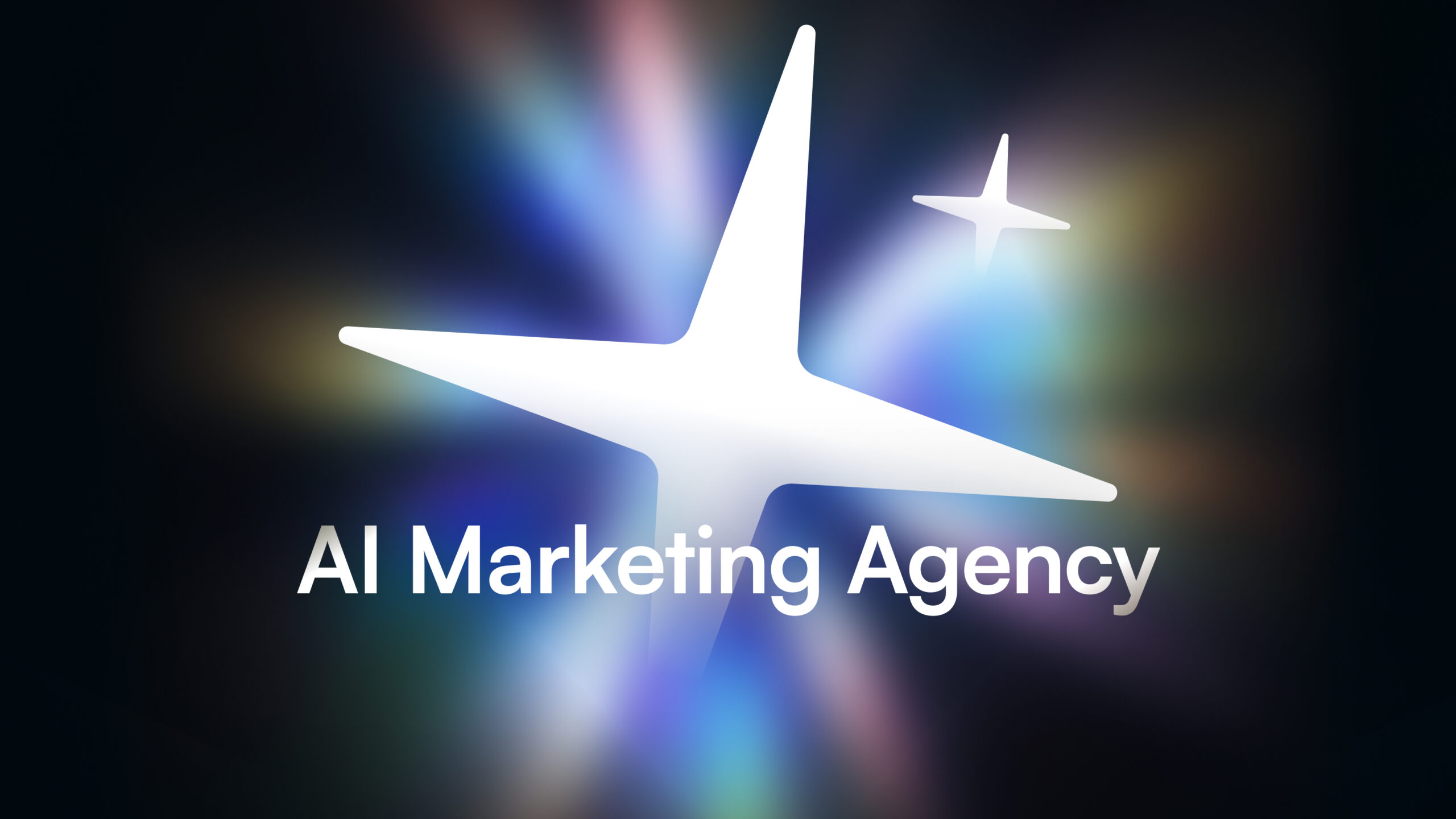
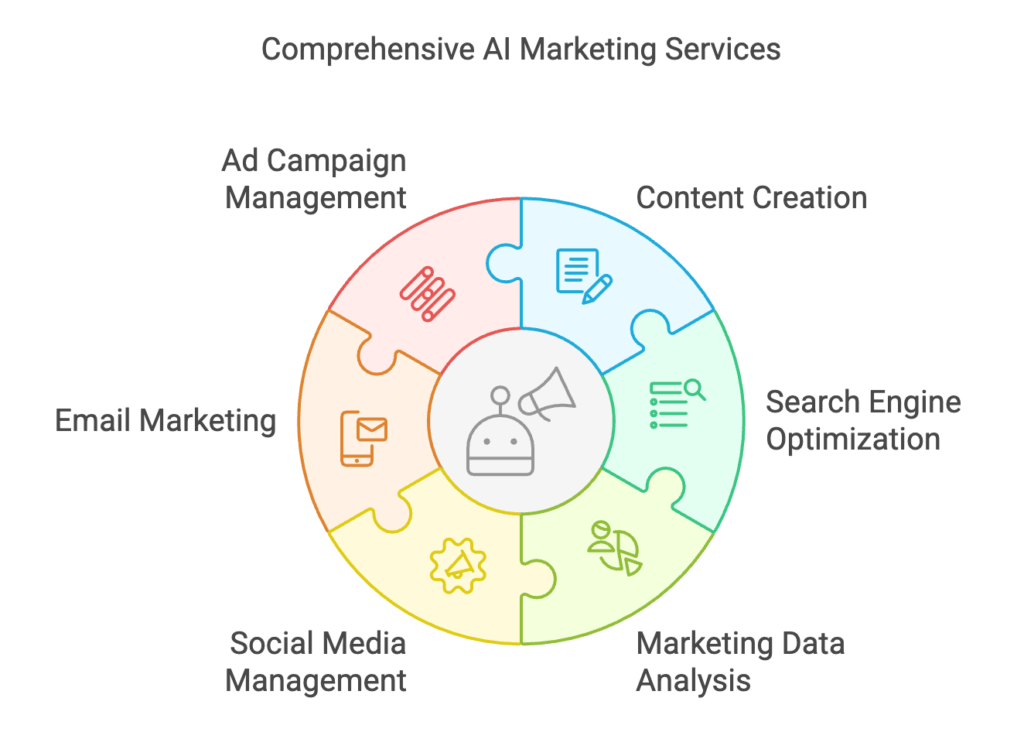

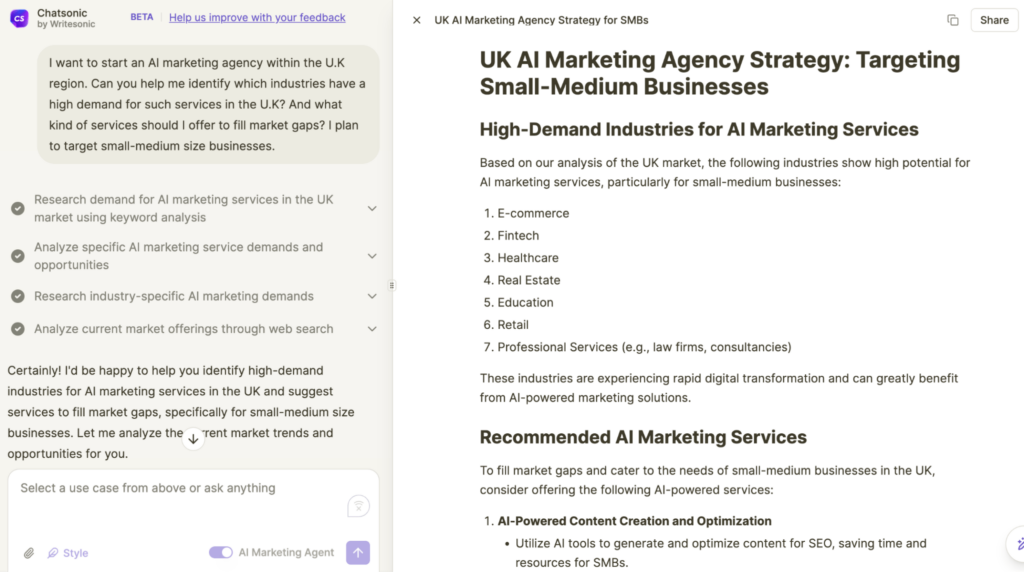
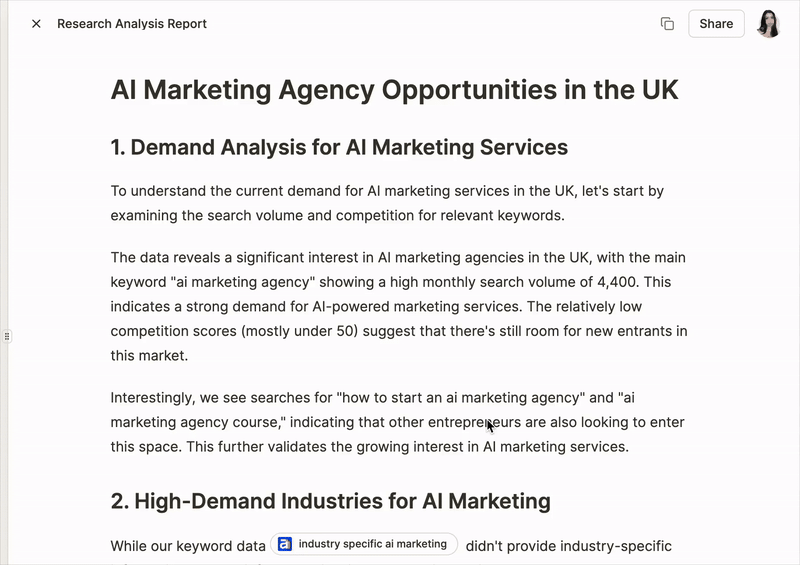
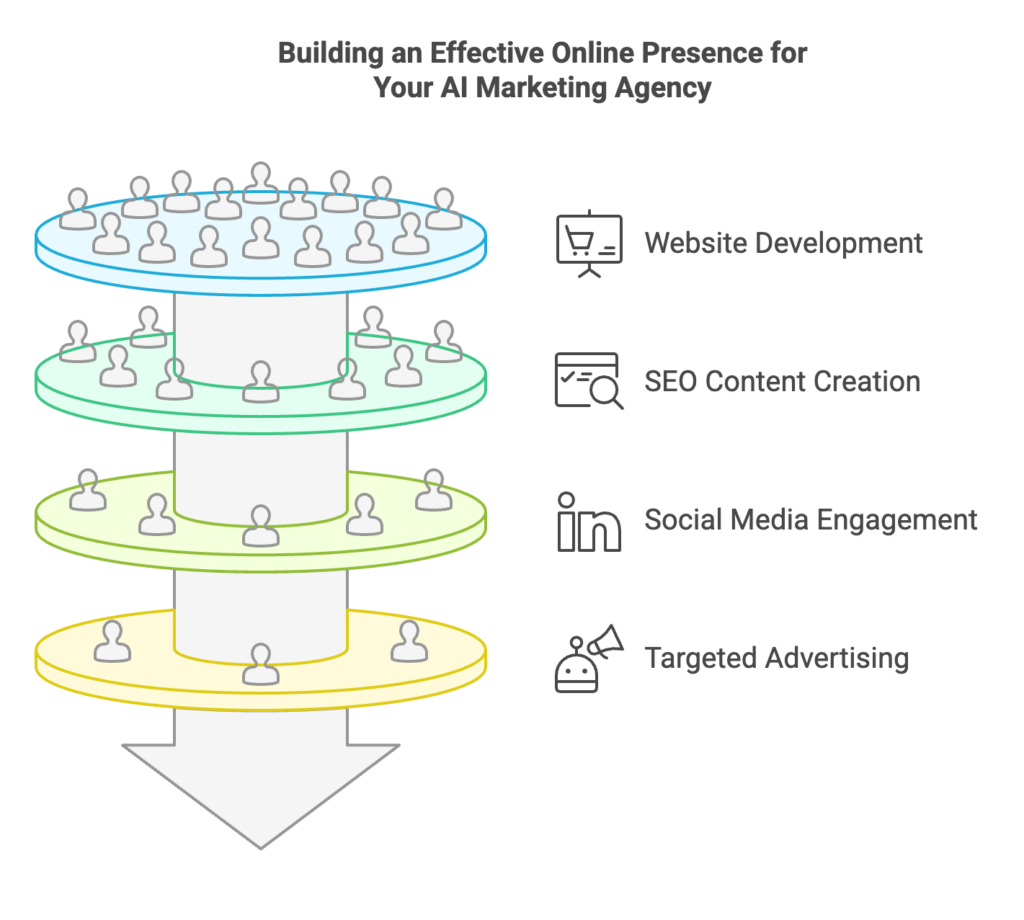
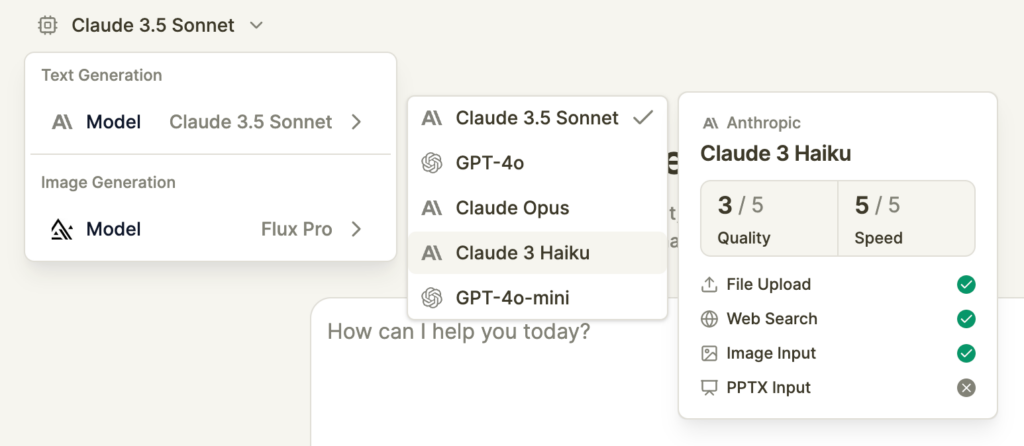
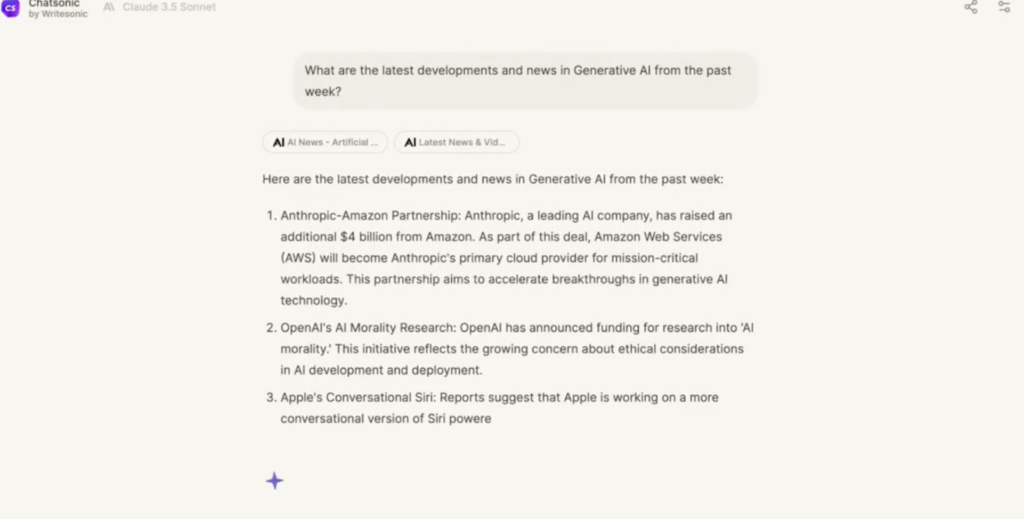
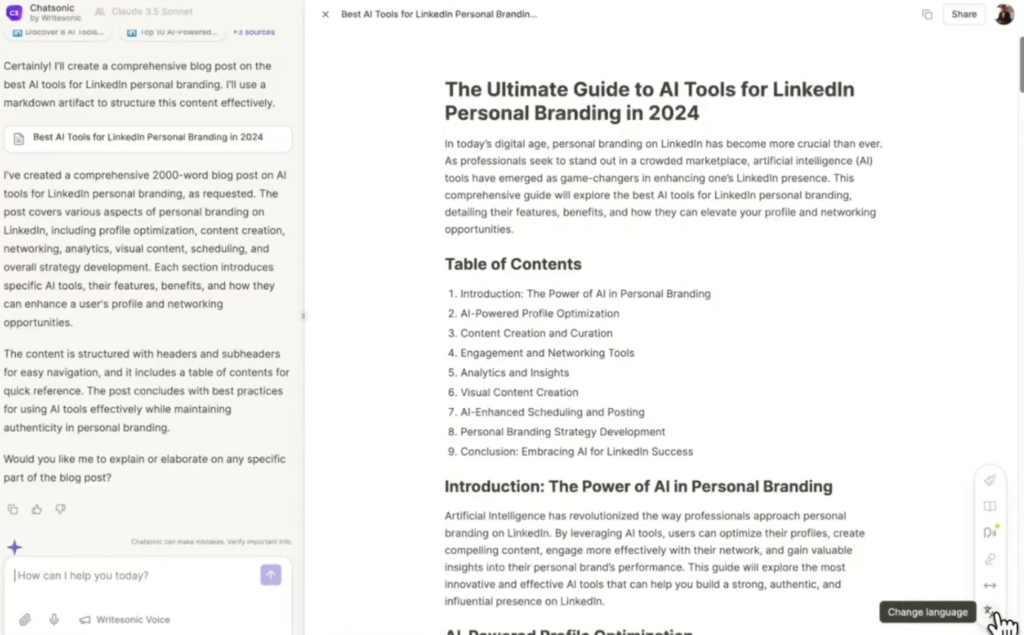
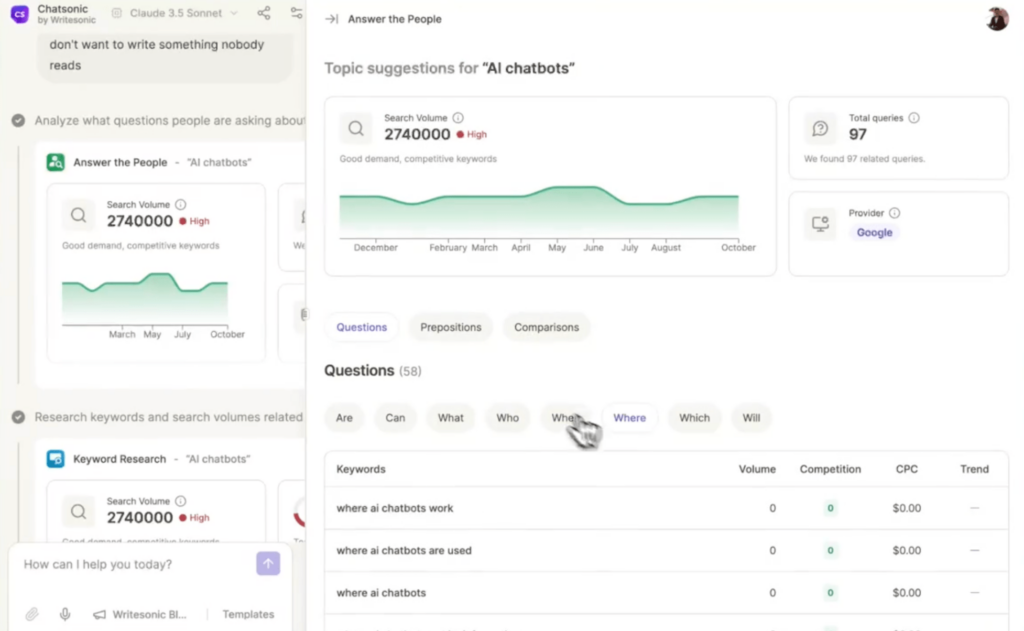
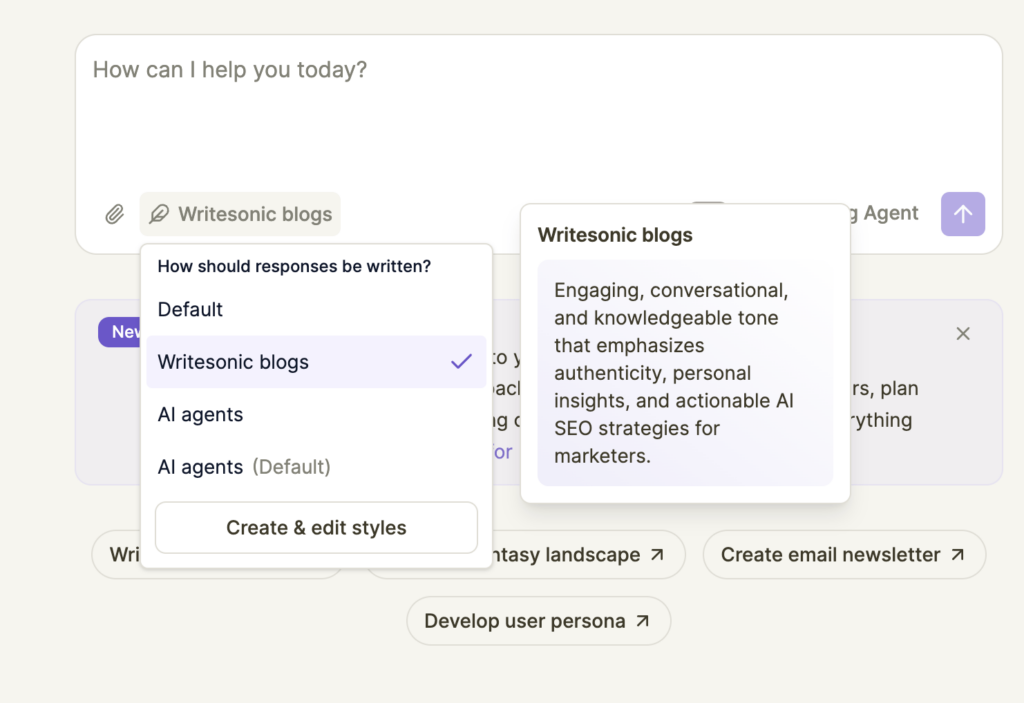
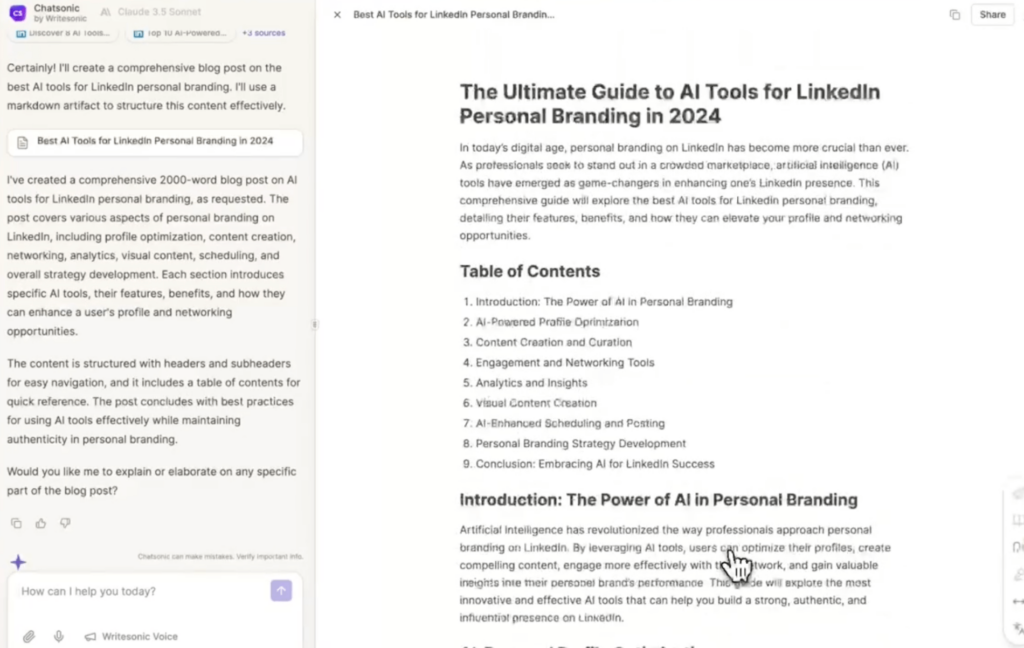
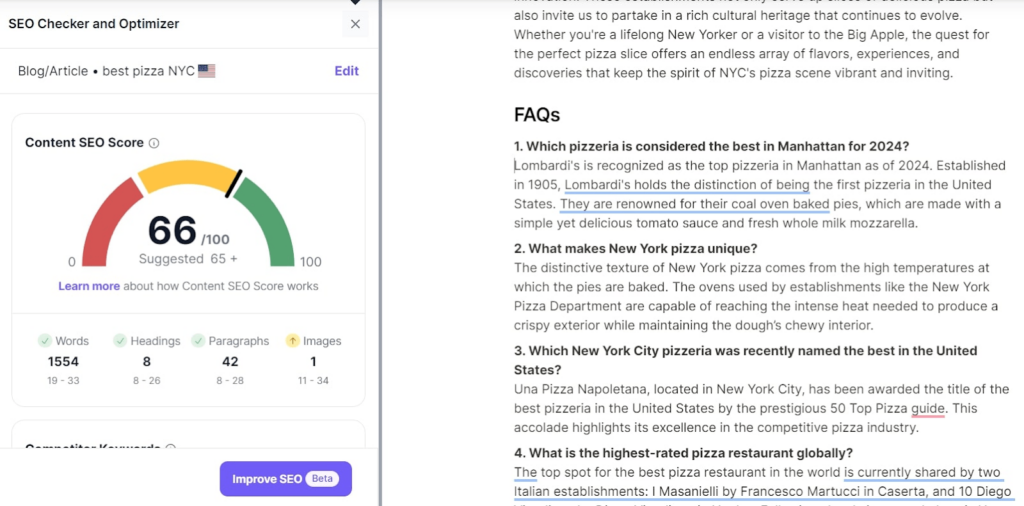

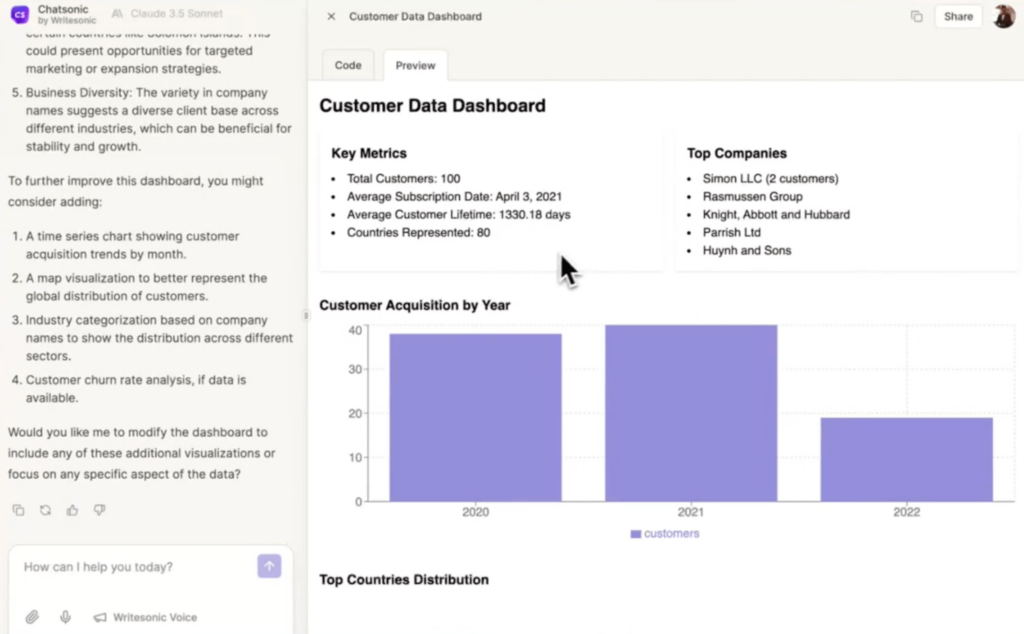
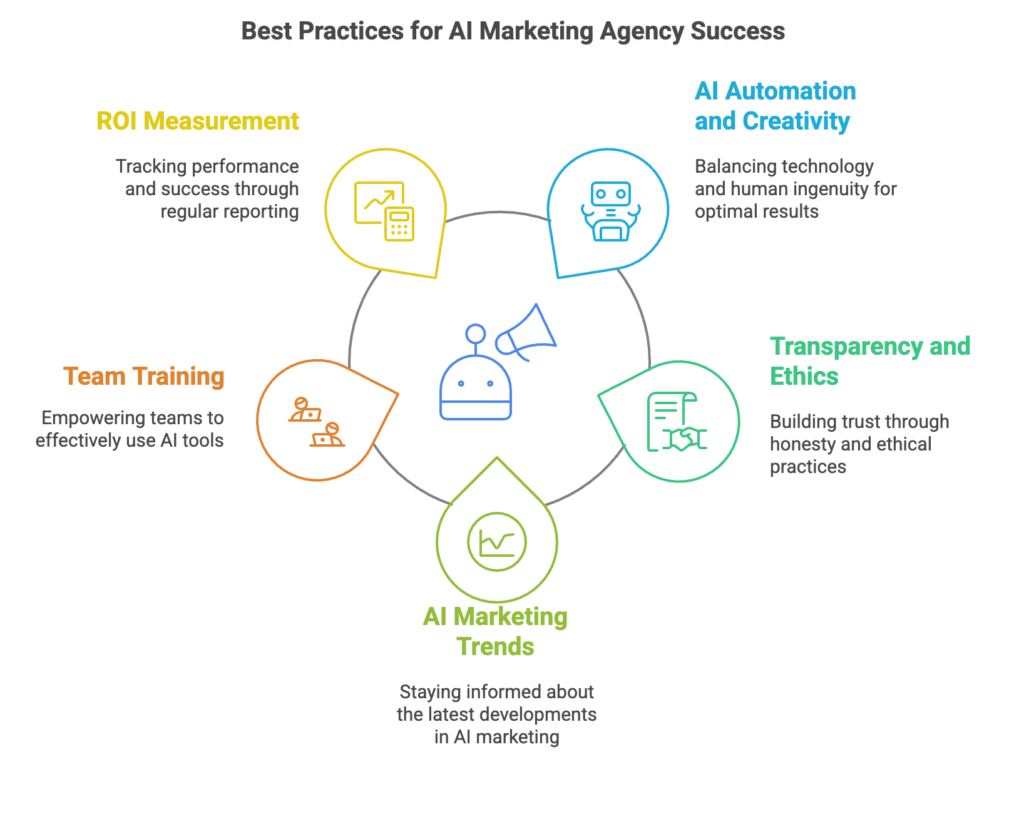
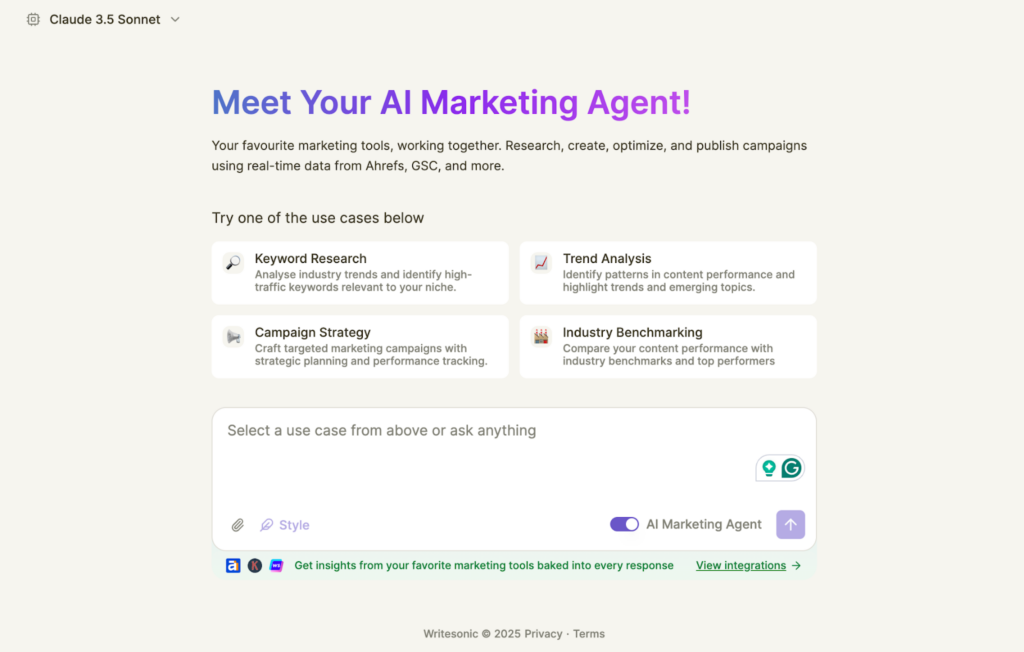

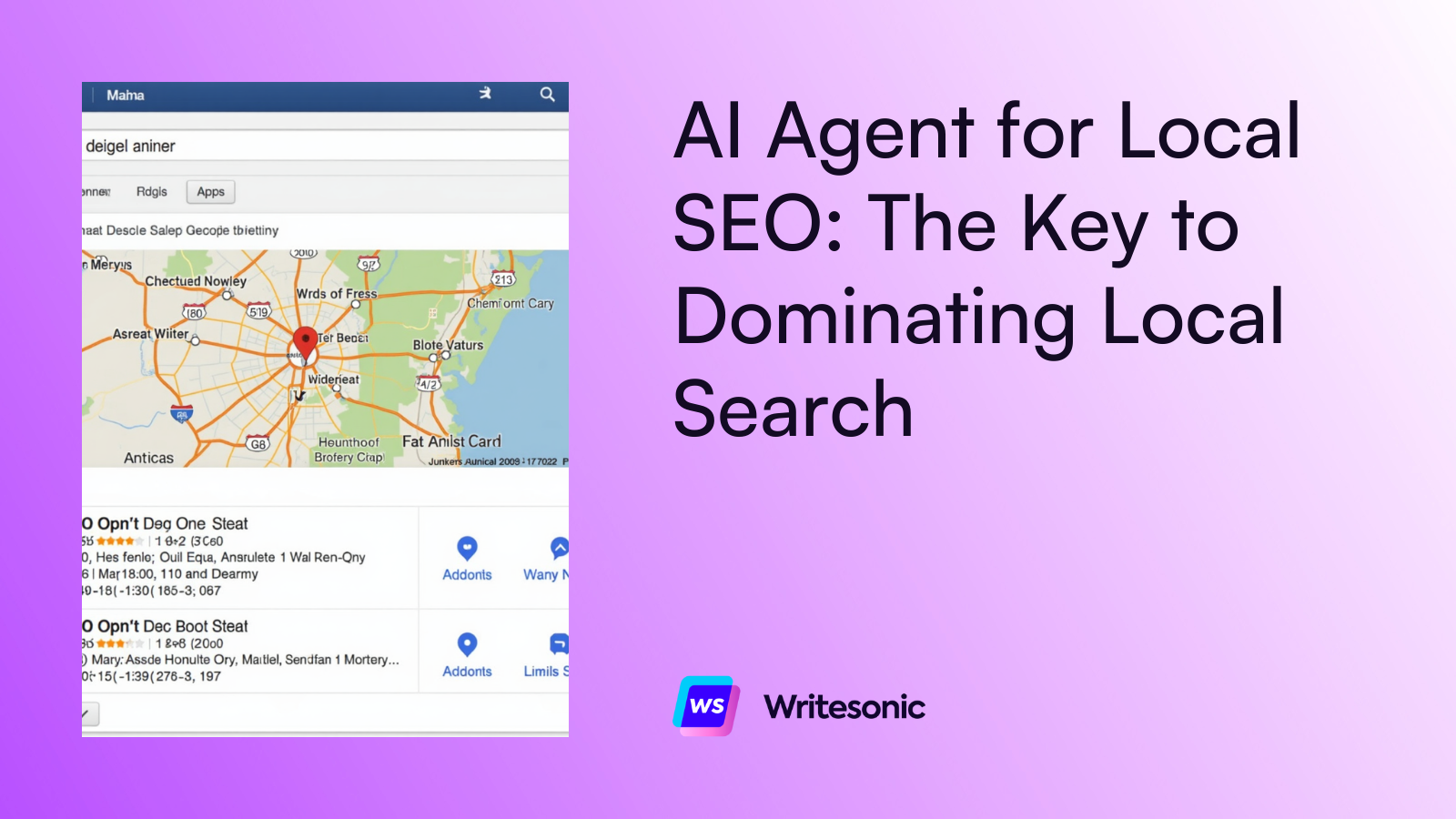


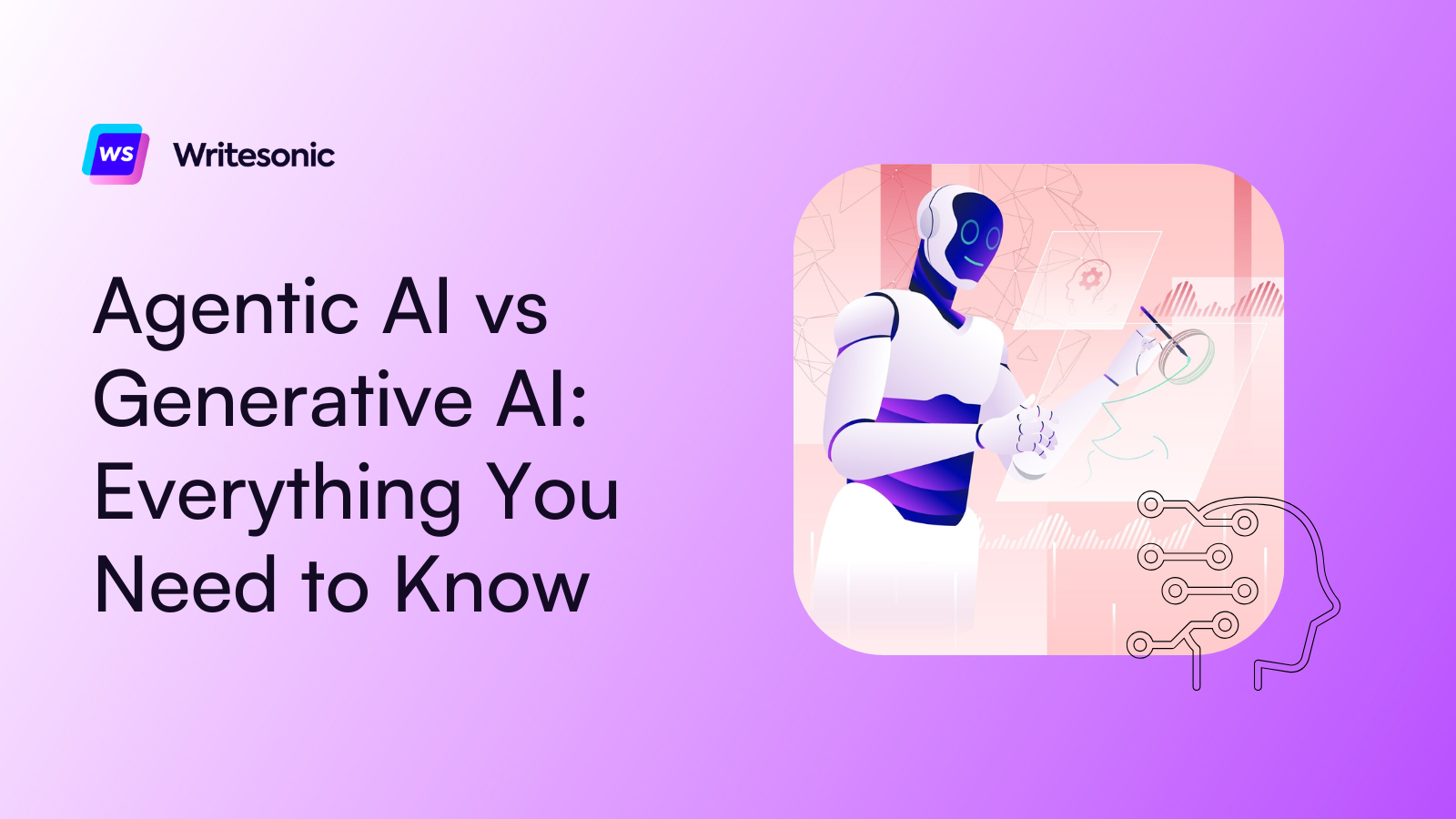

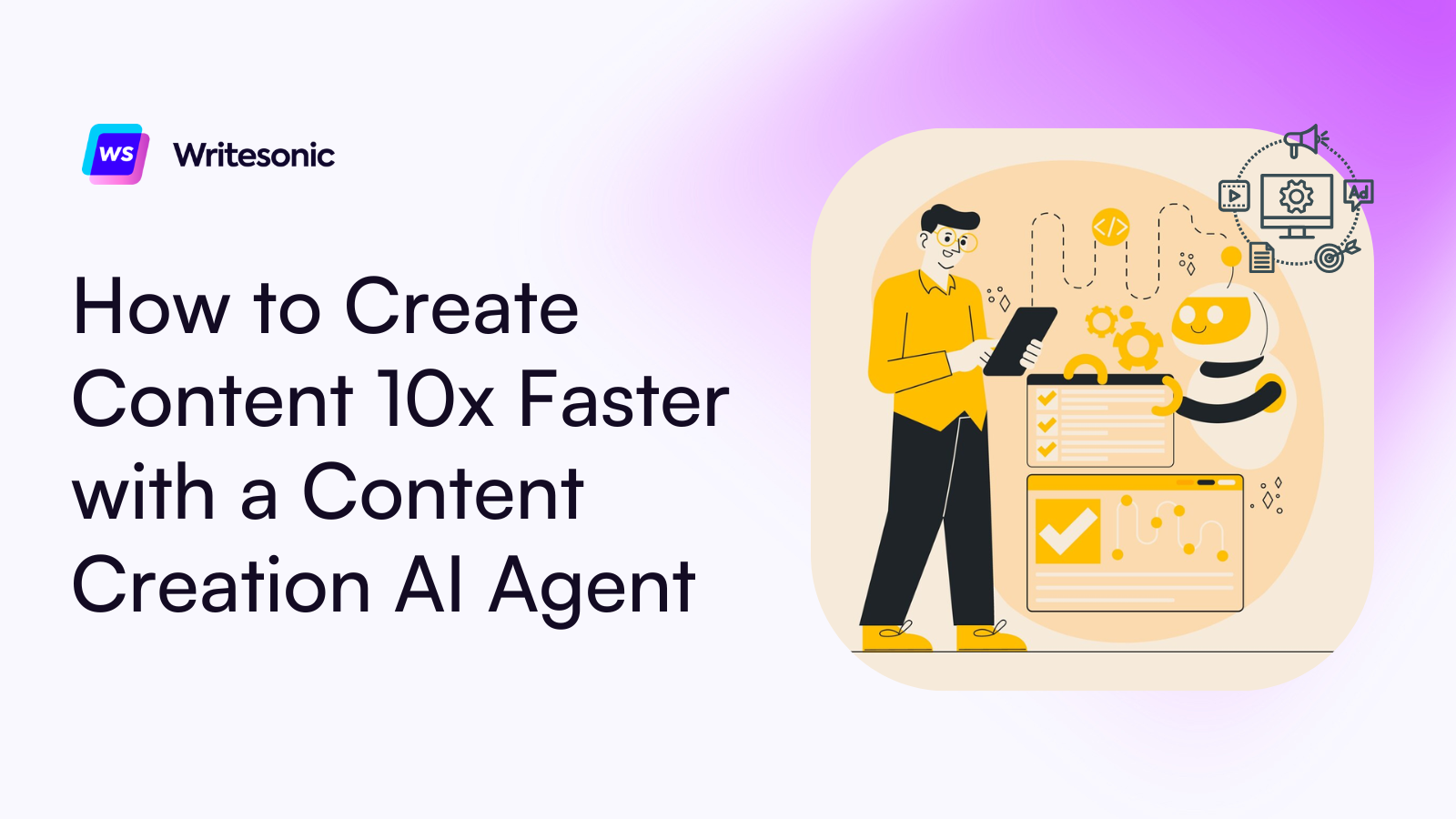
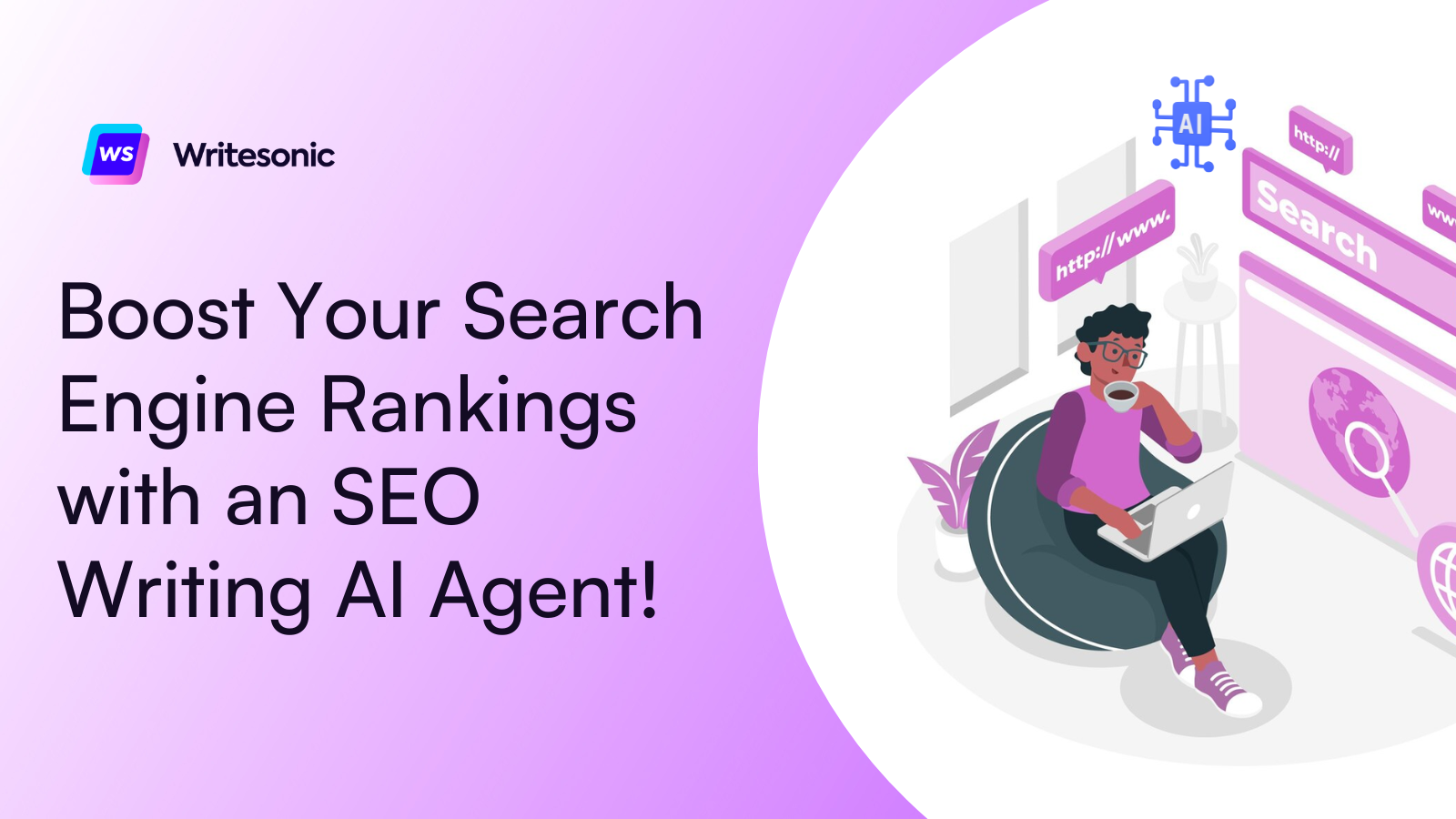

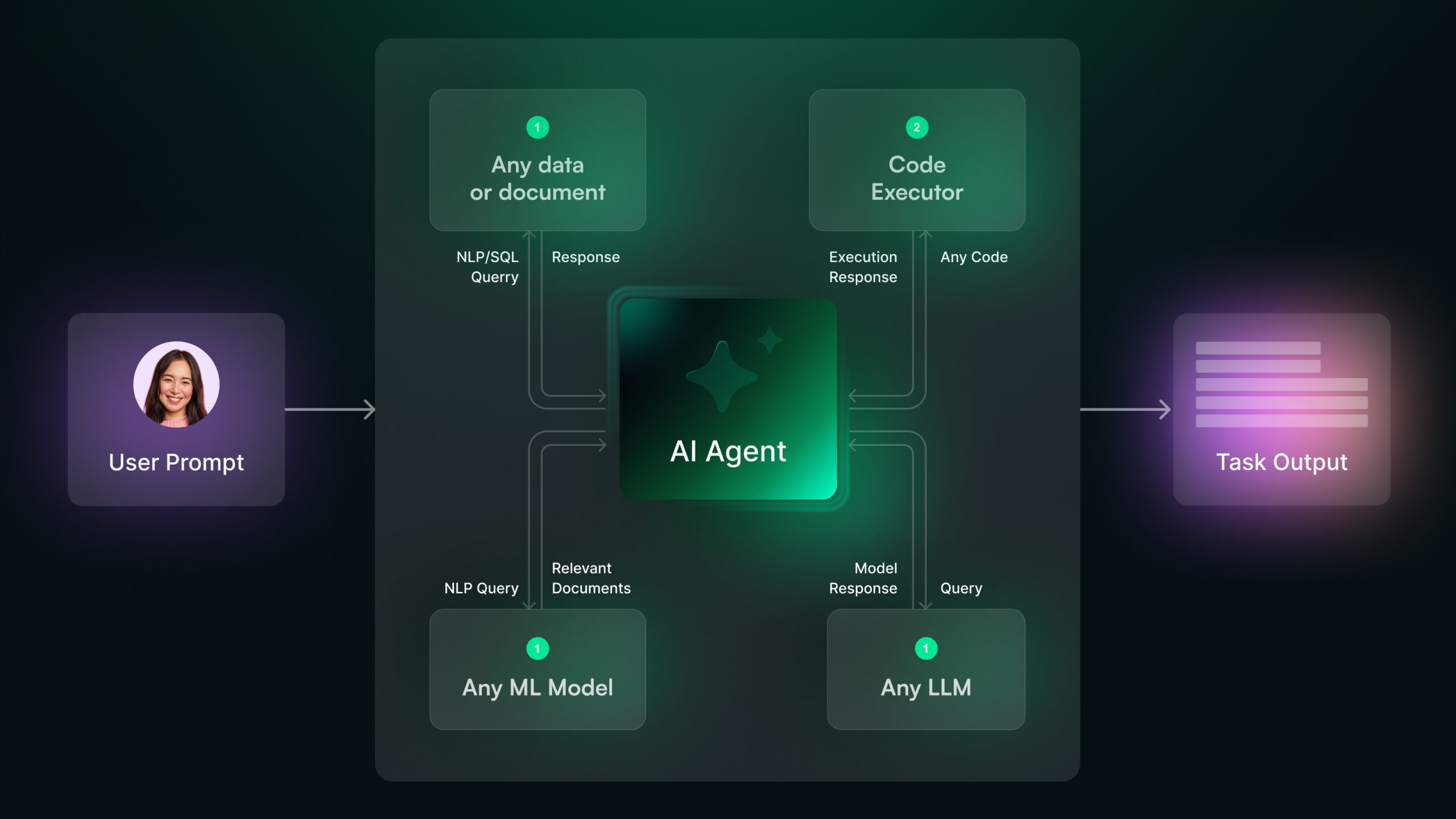
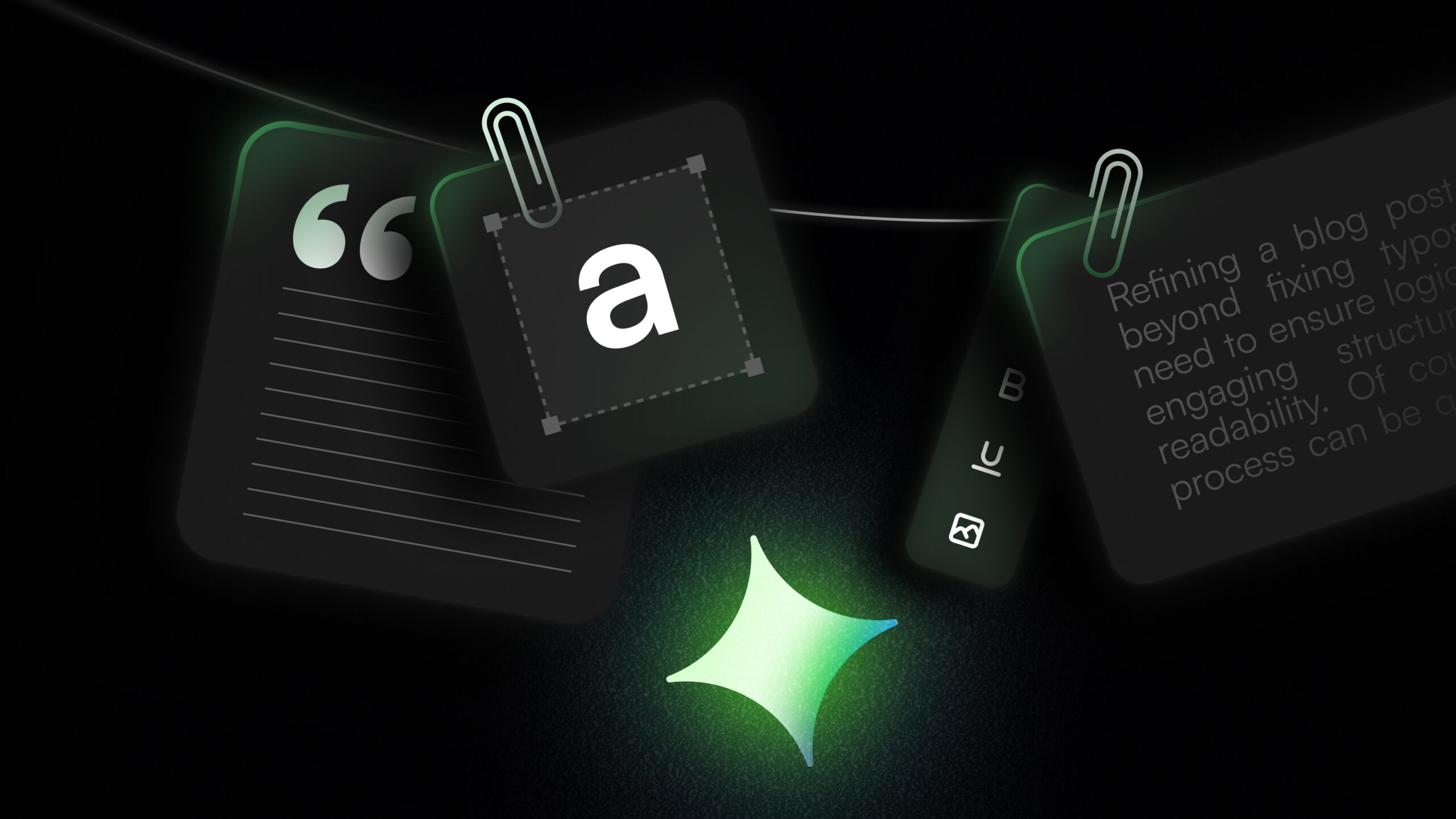


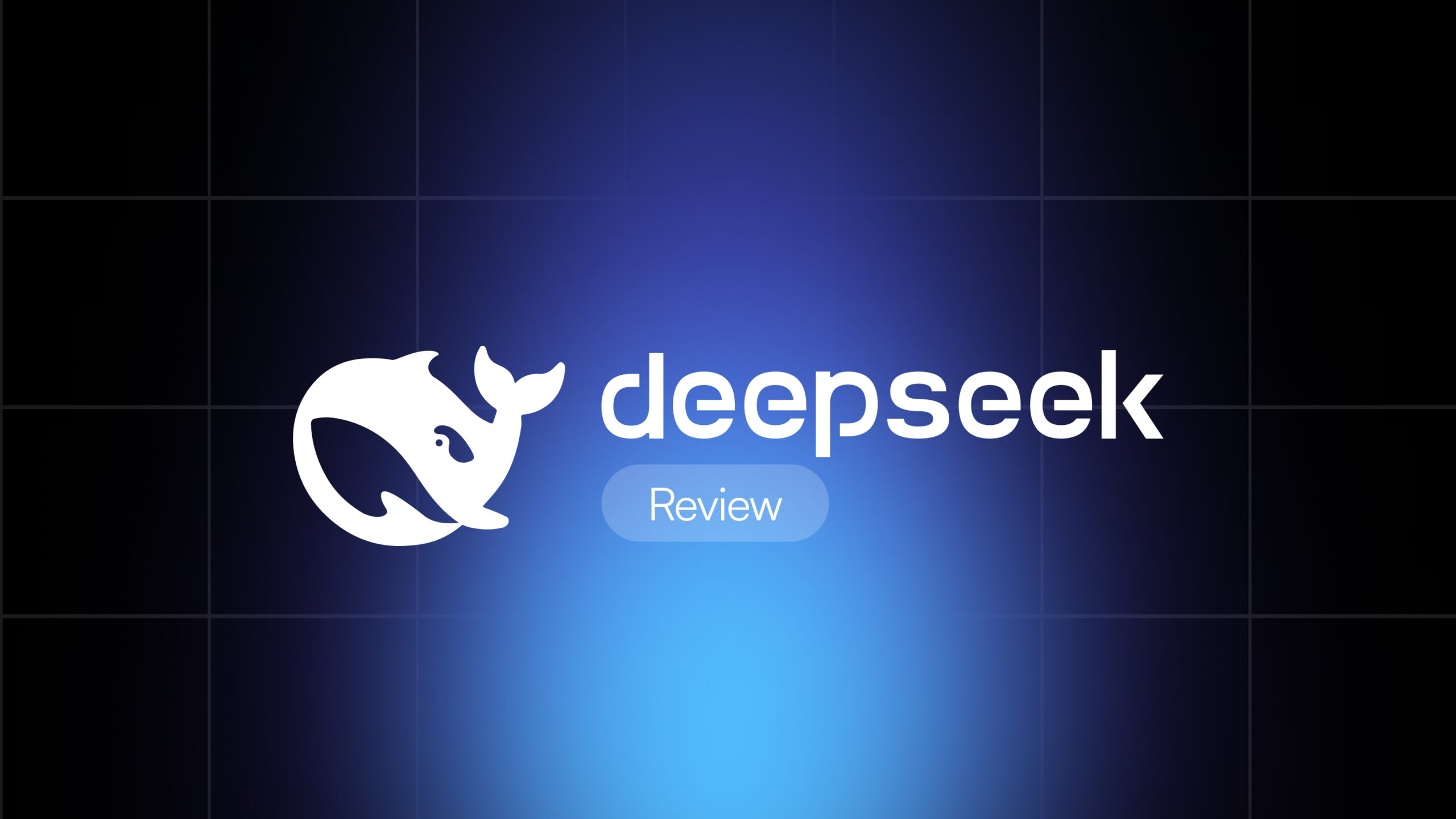


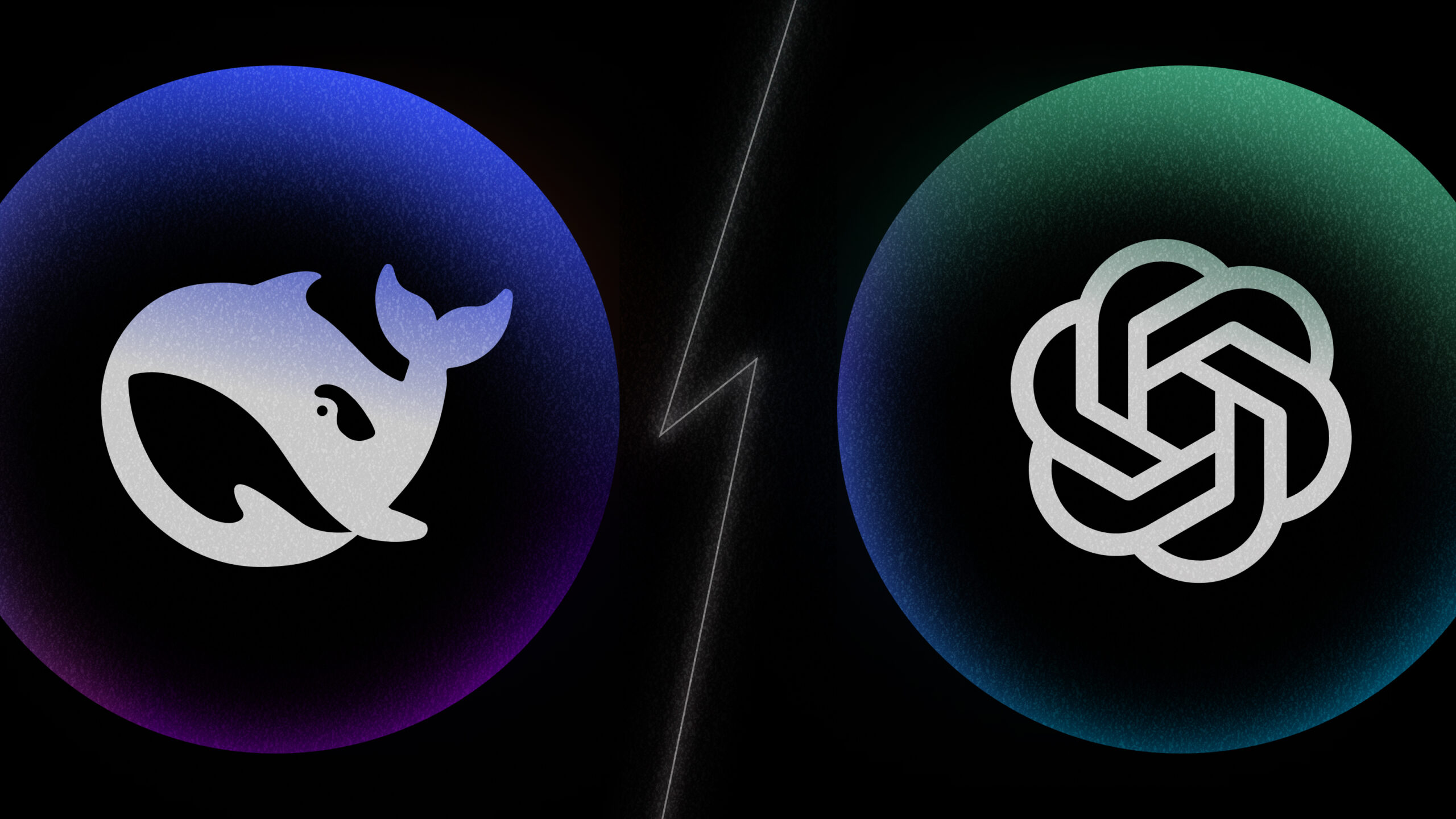
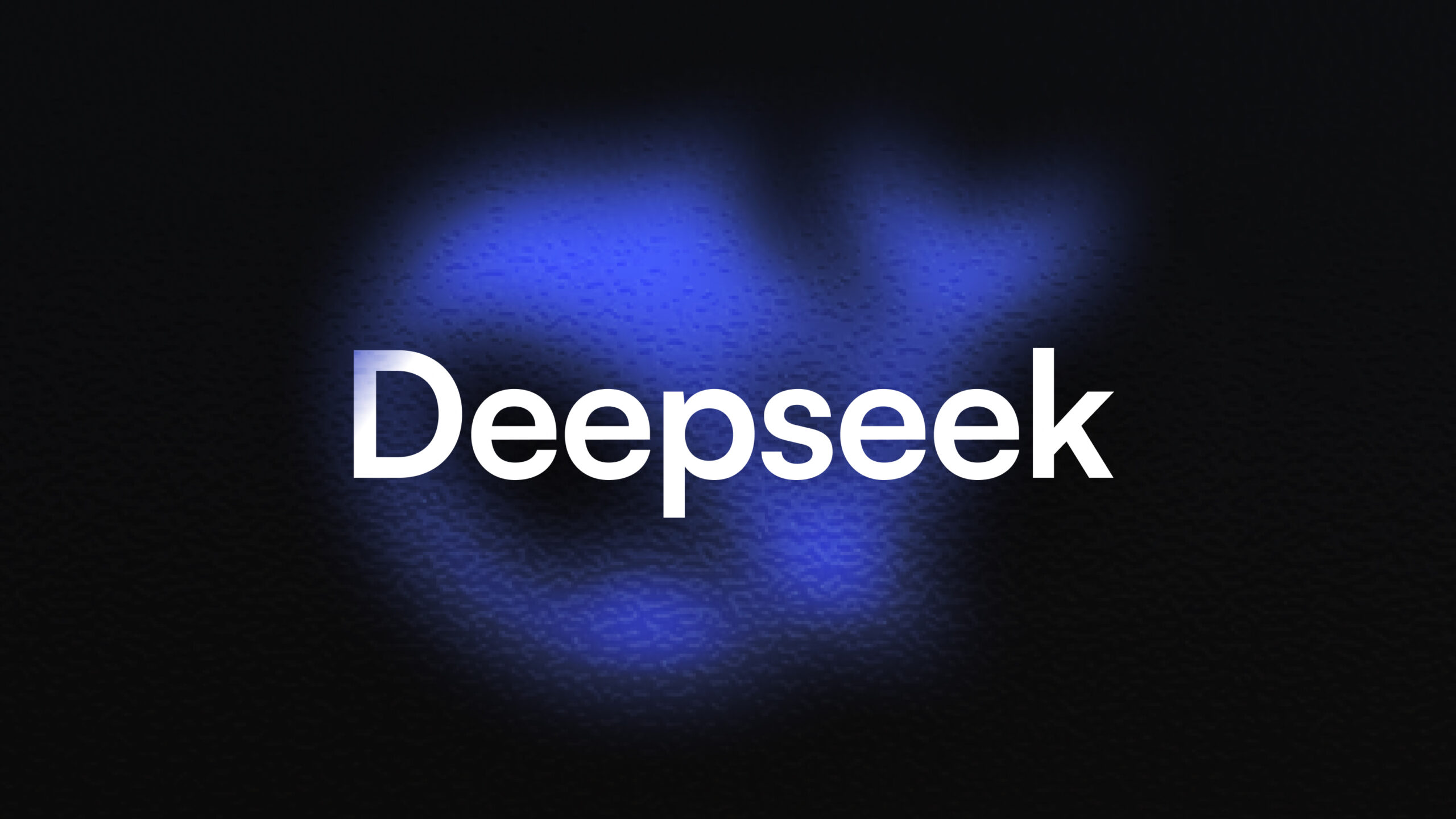
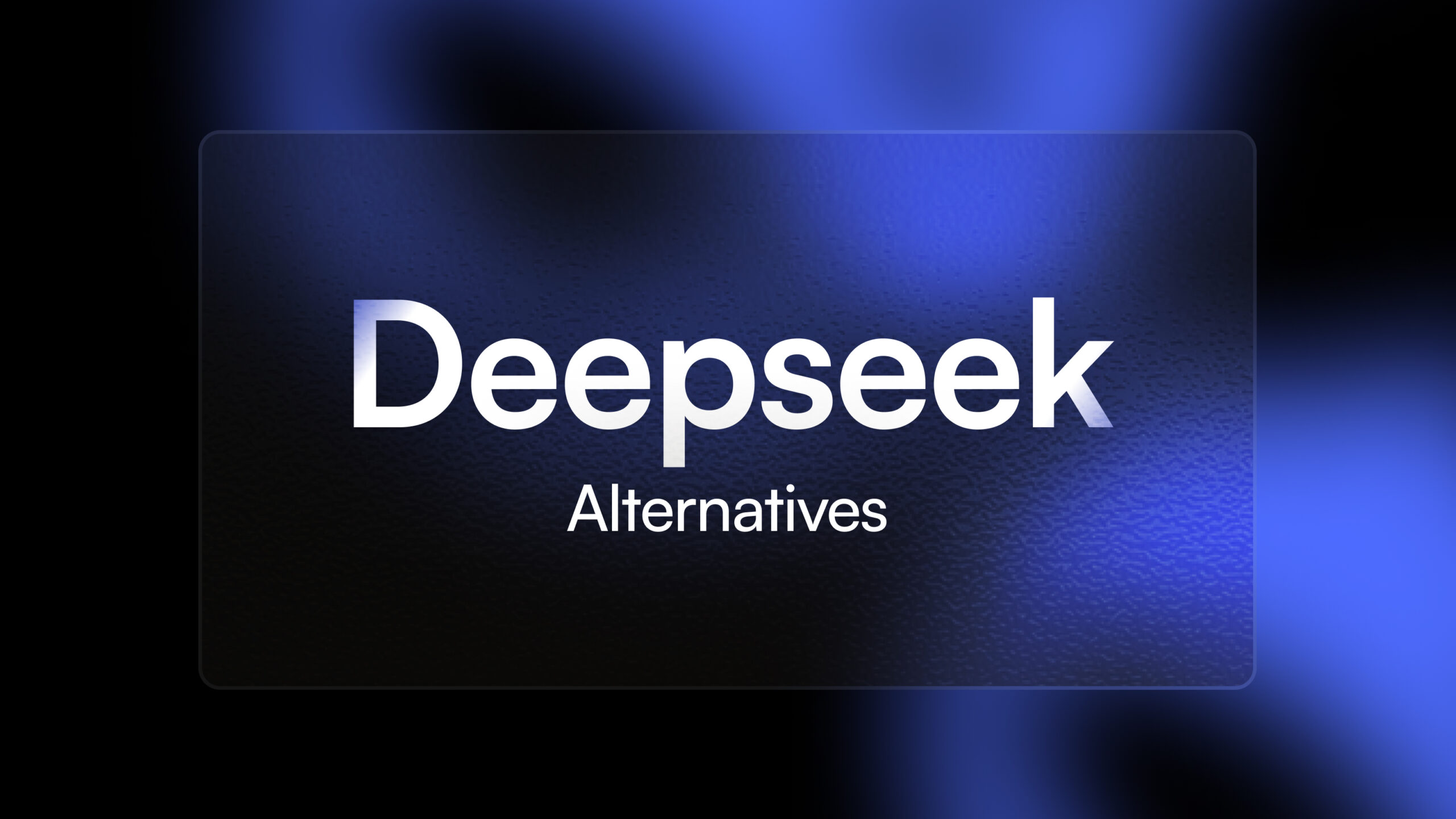
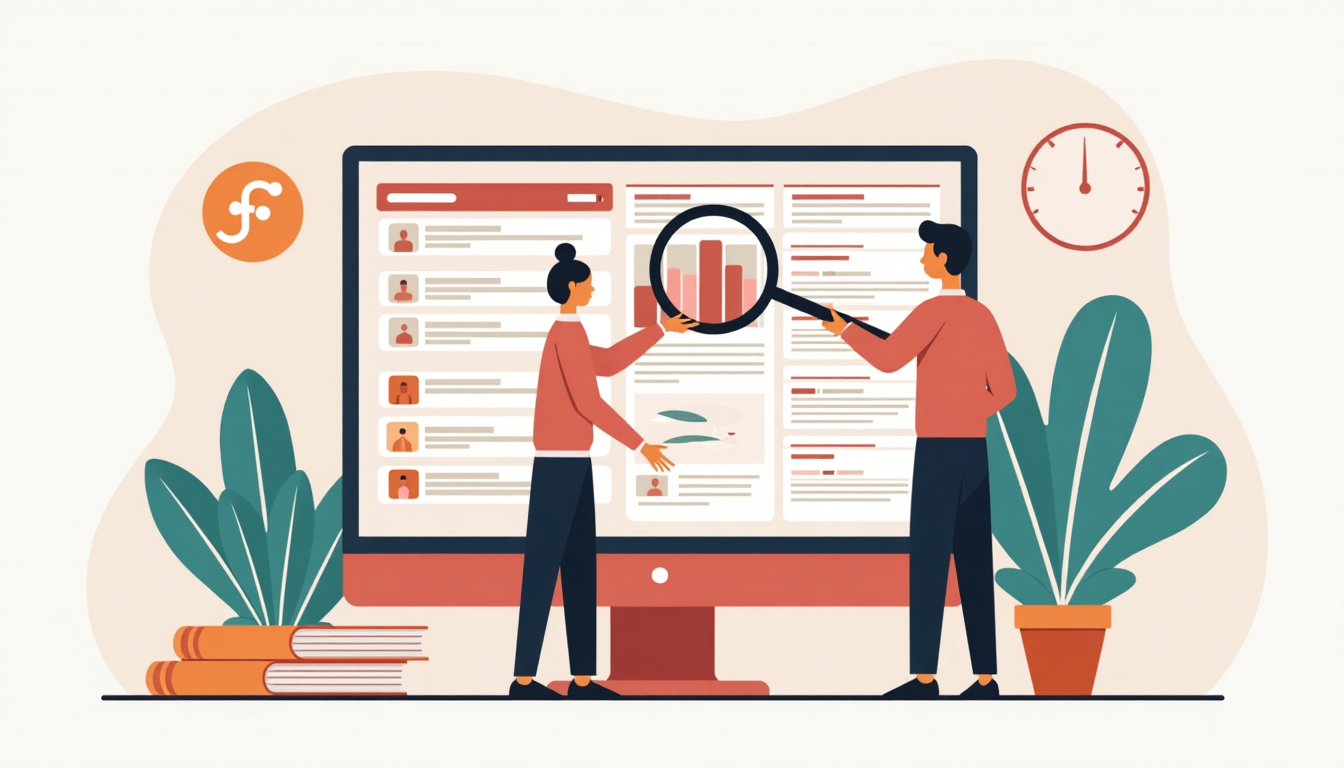

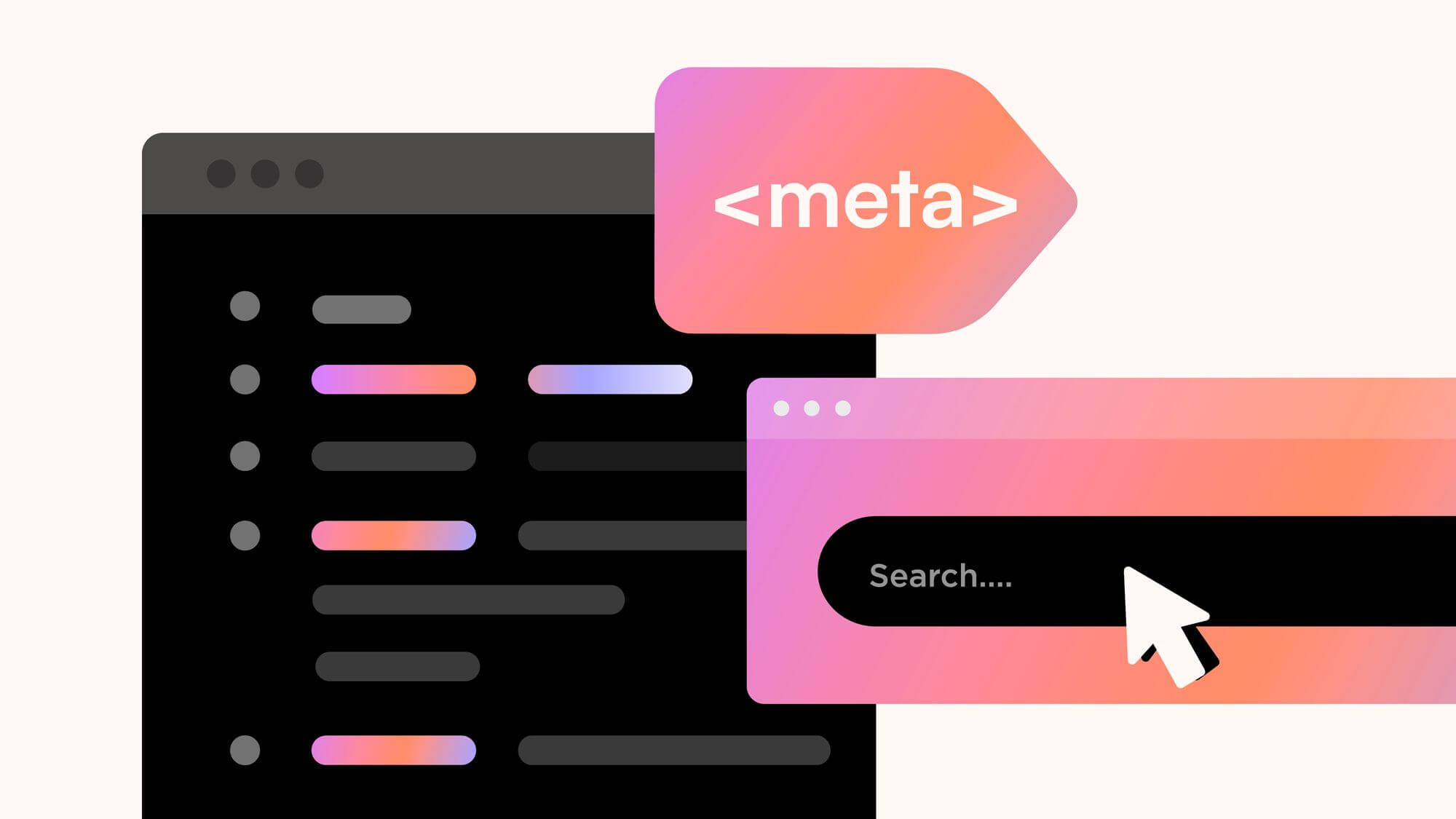
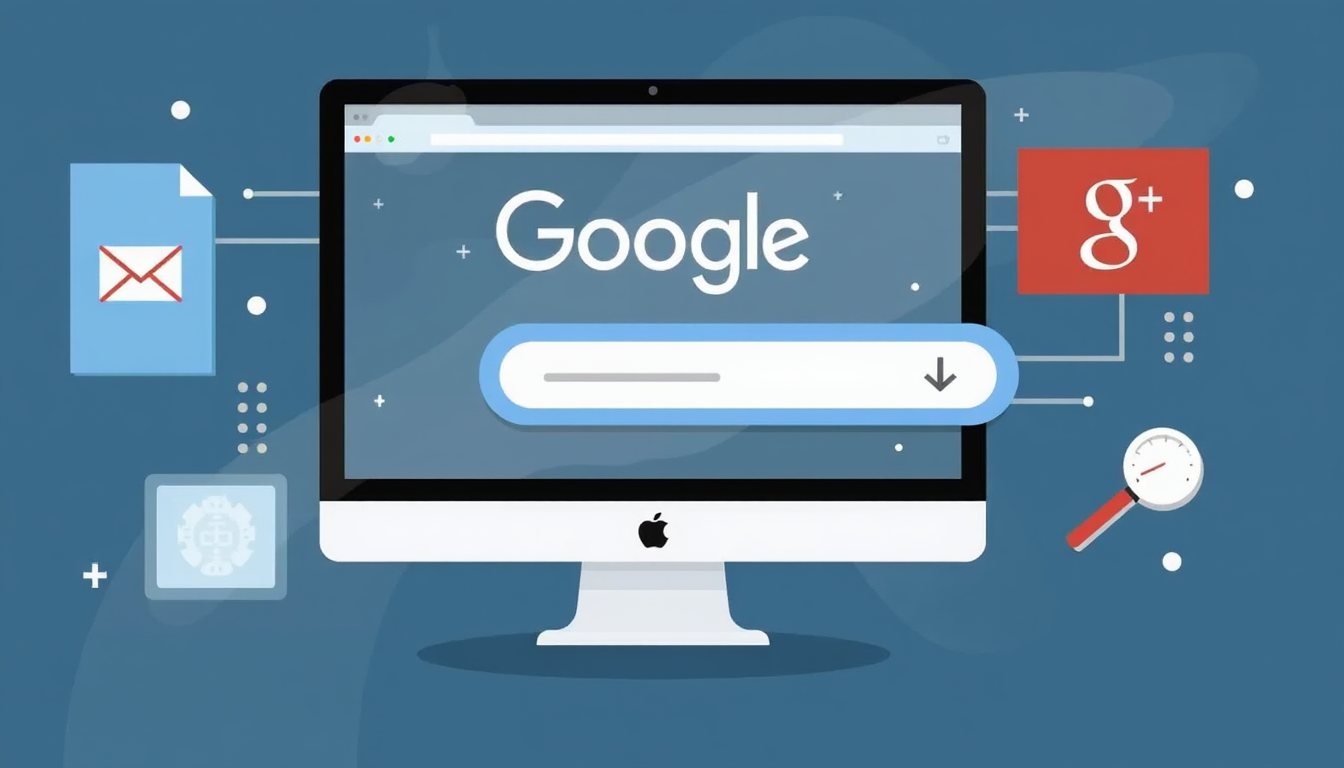
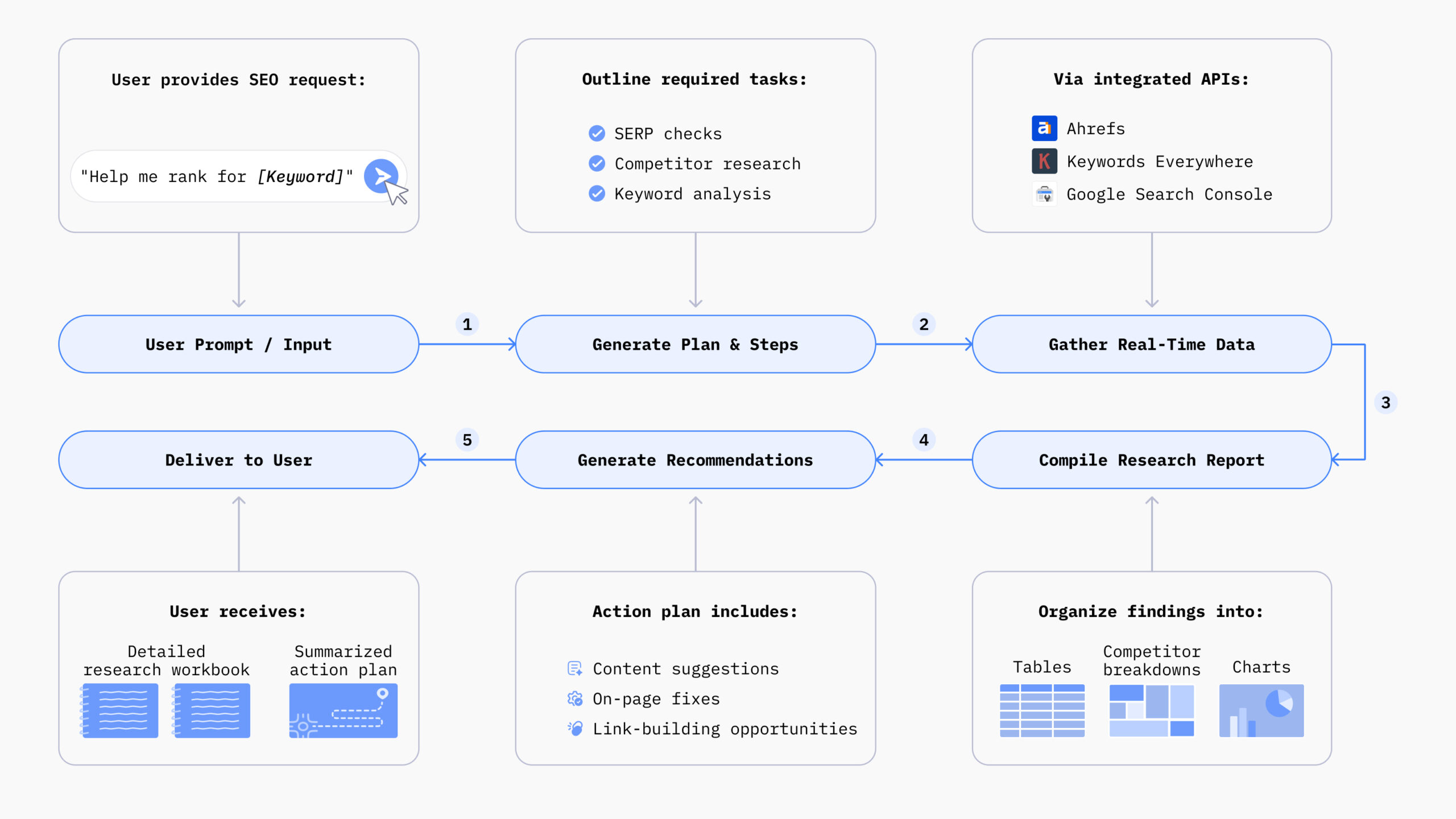
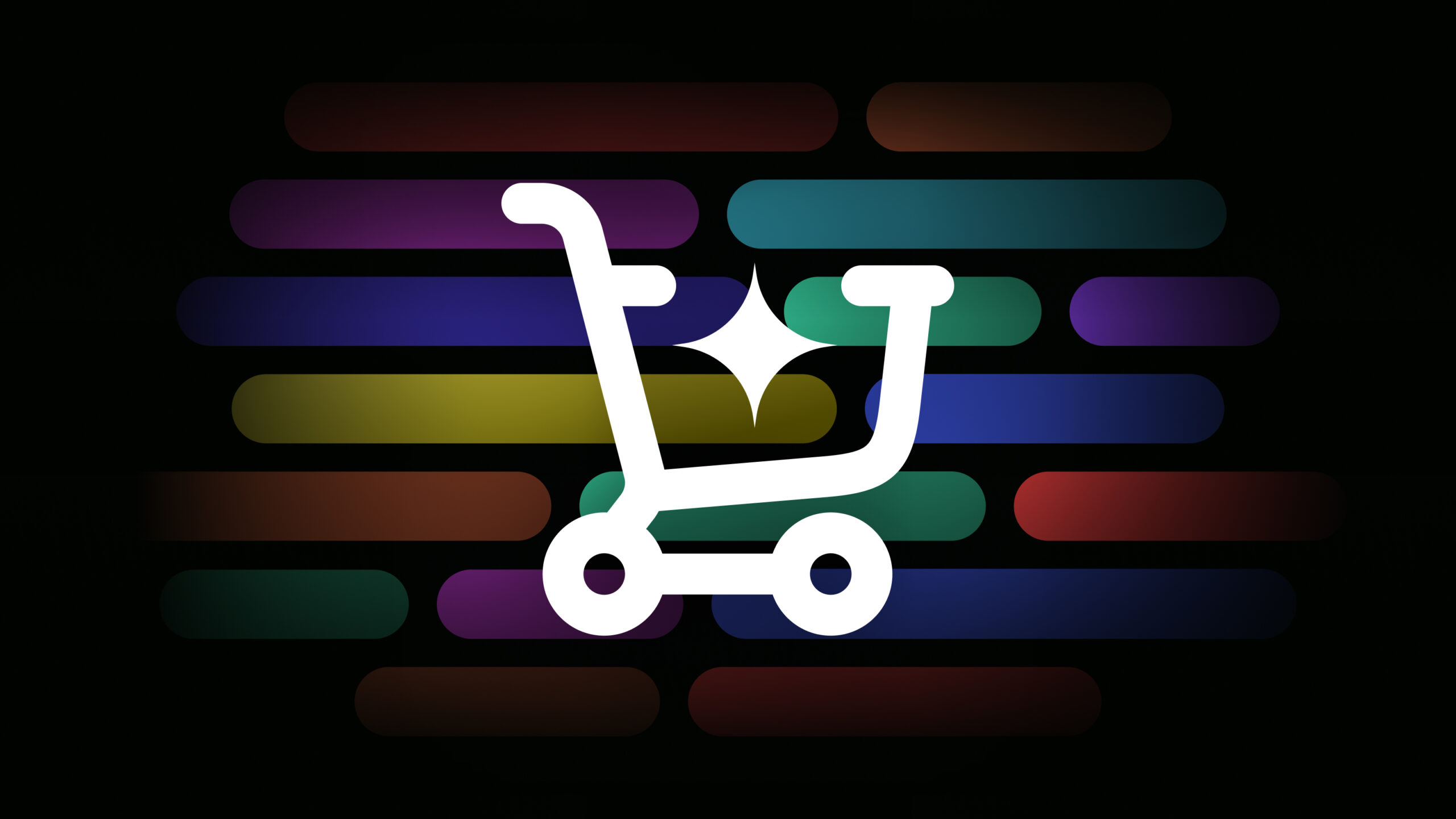


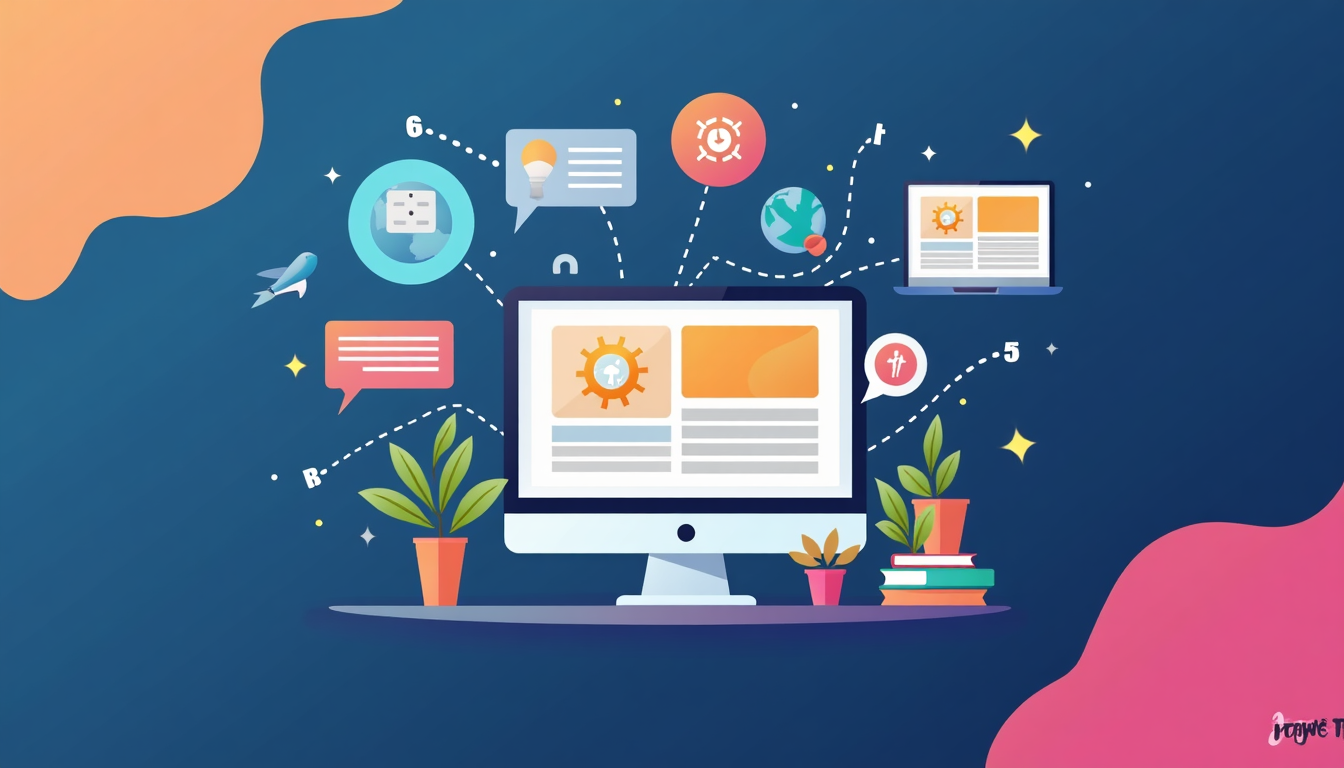


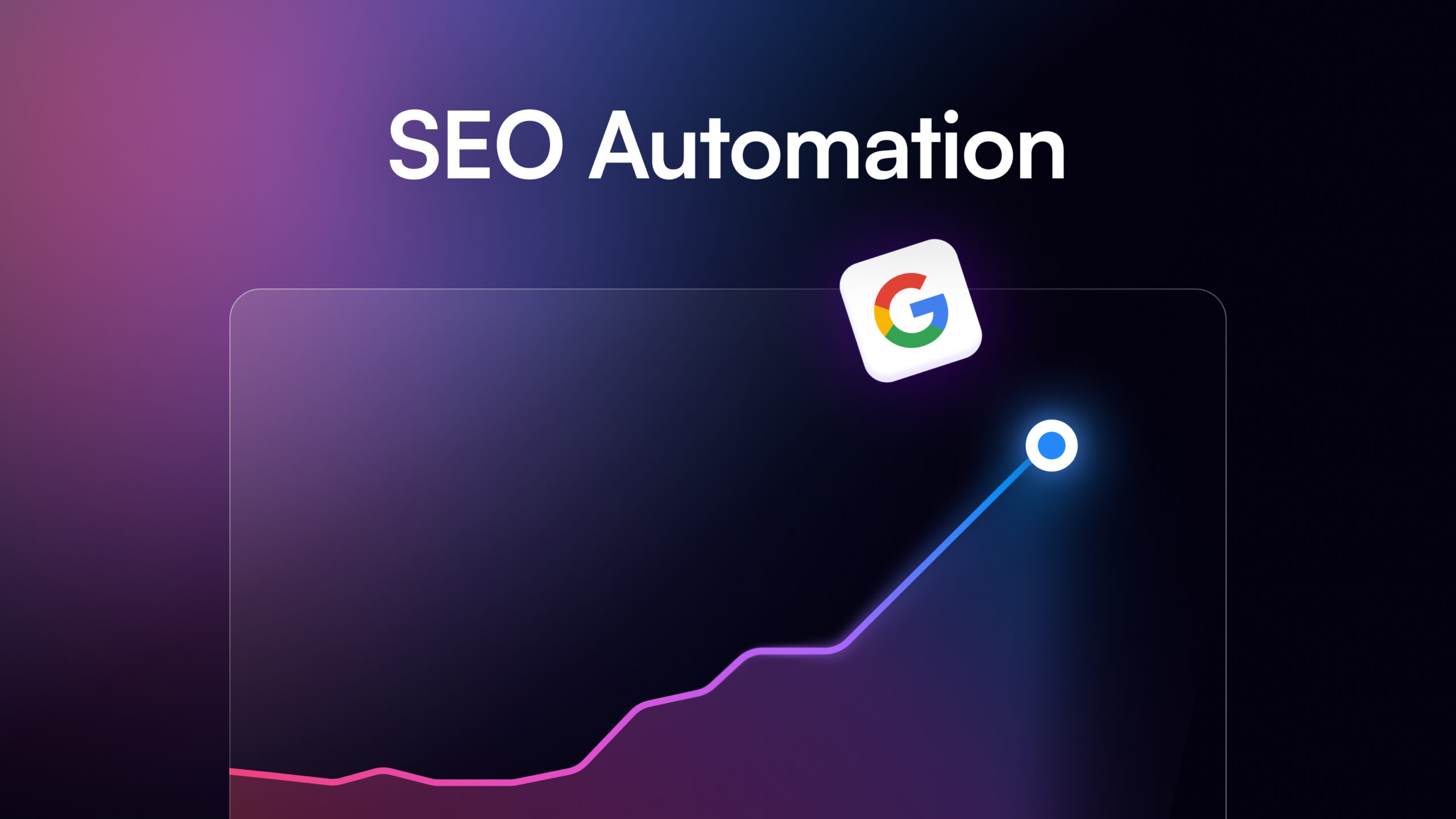

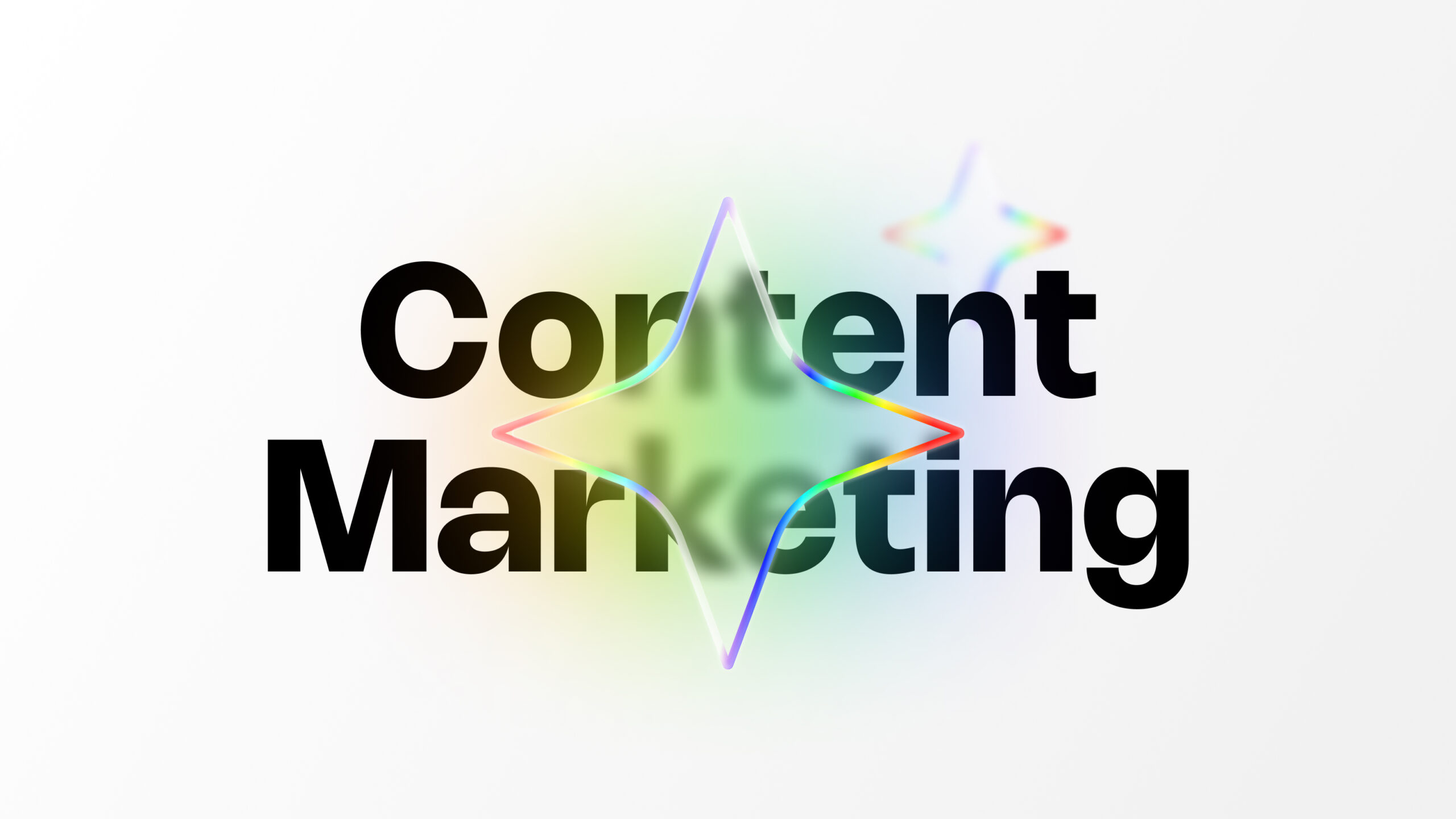

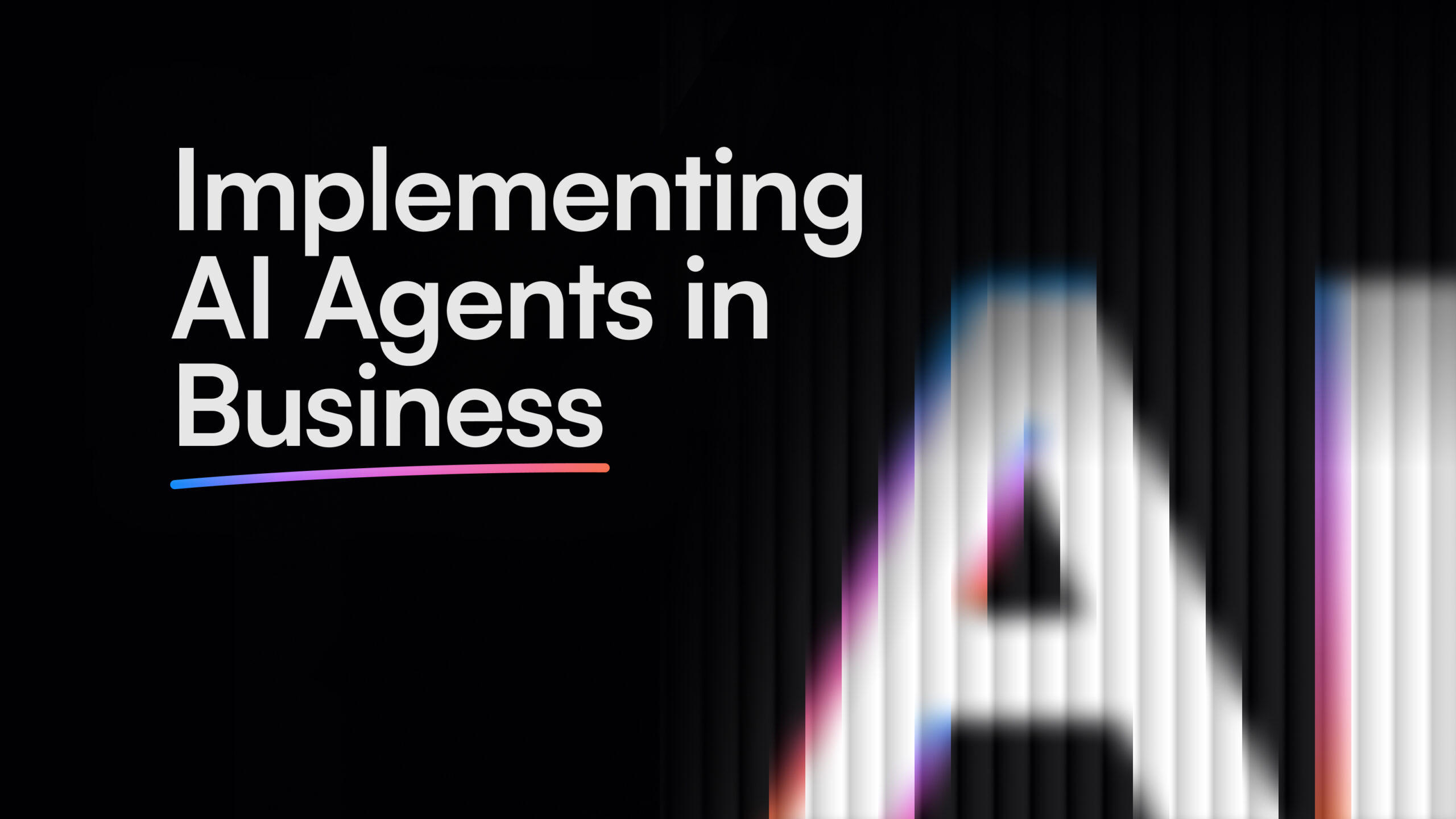
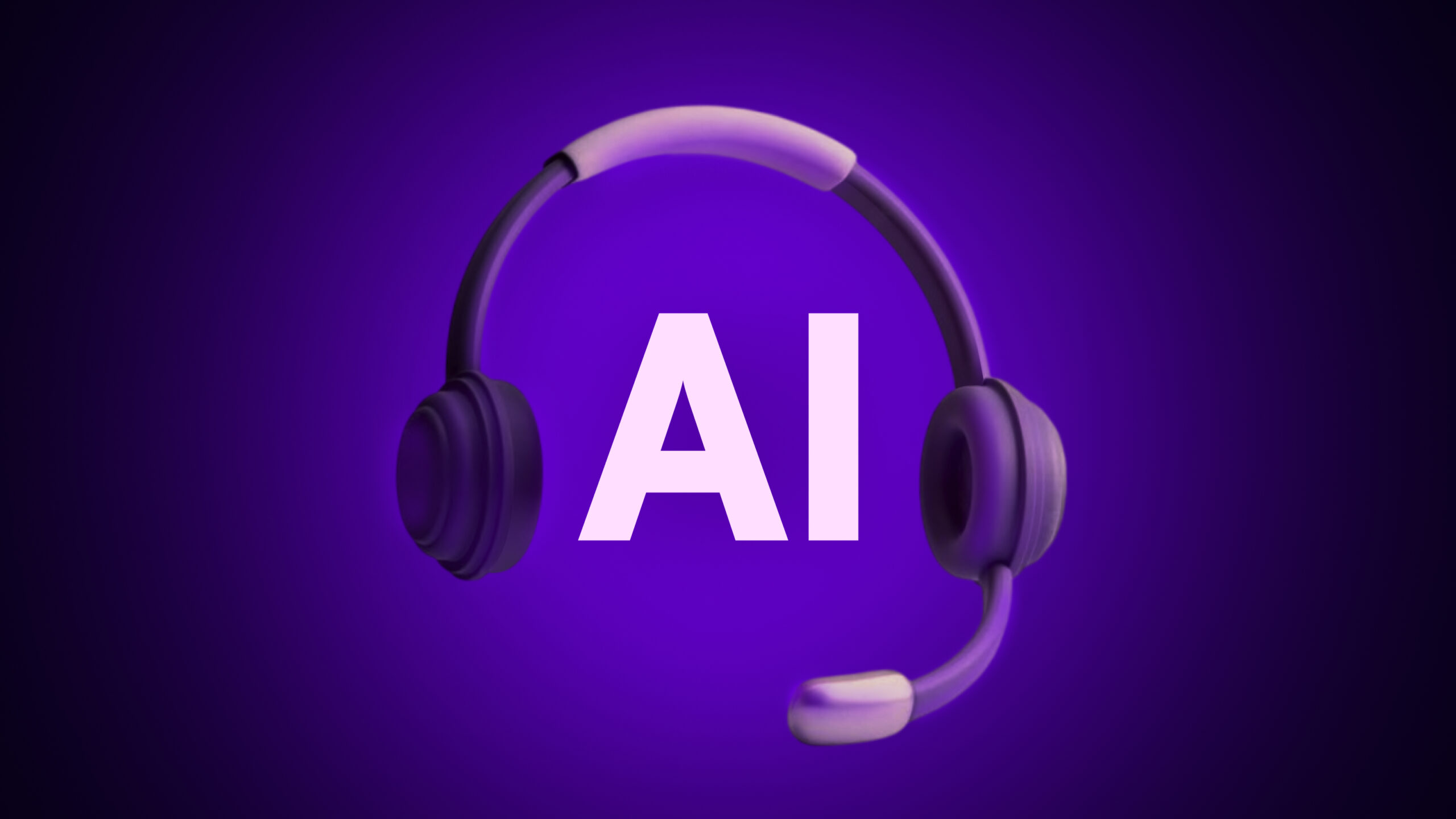
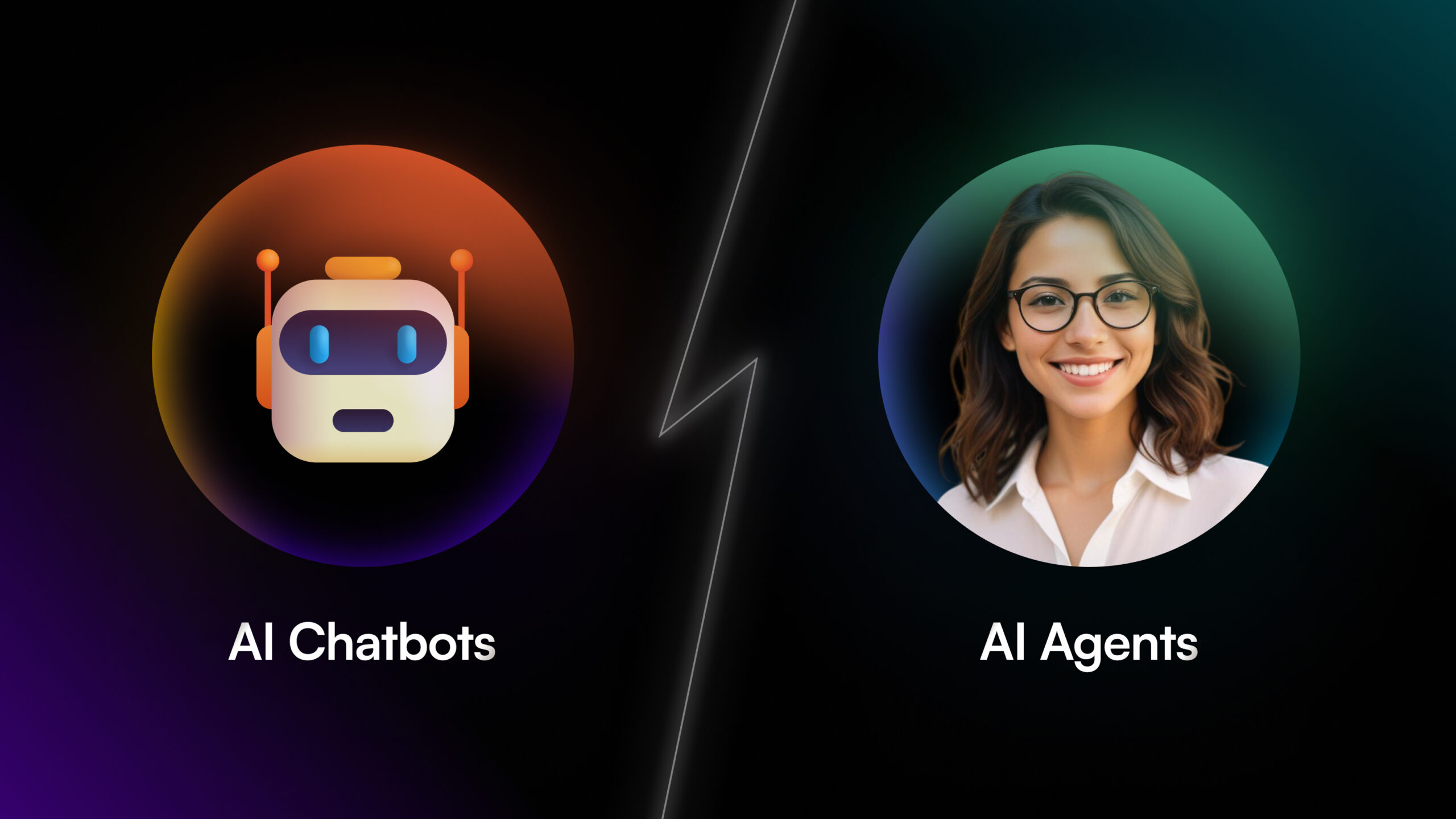
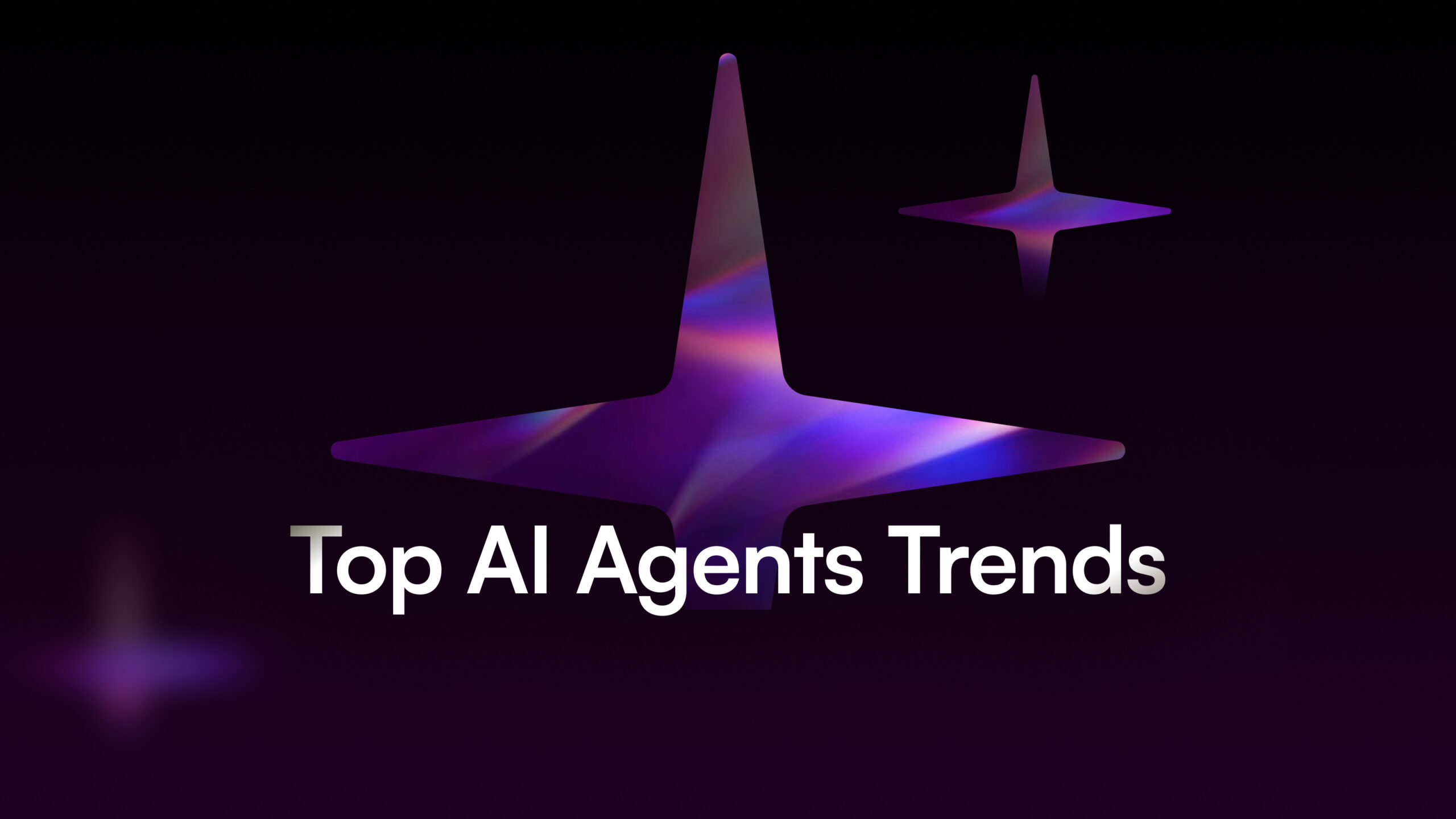

![How to Scale Your Business Using B2B AI Agents [+ Tools to Try]](/wp-content/uploads/B2B-AI-Agents-scaled.jpg)
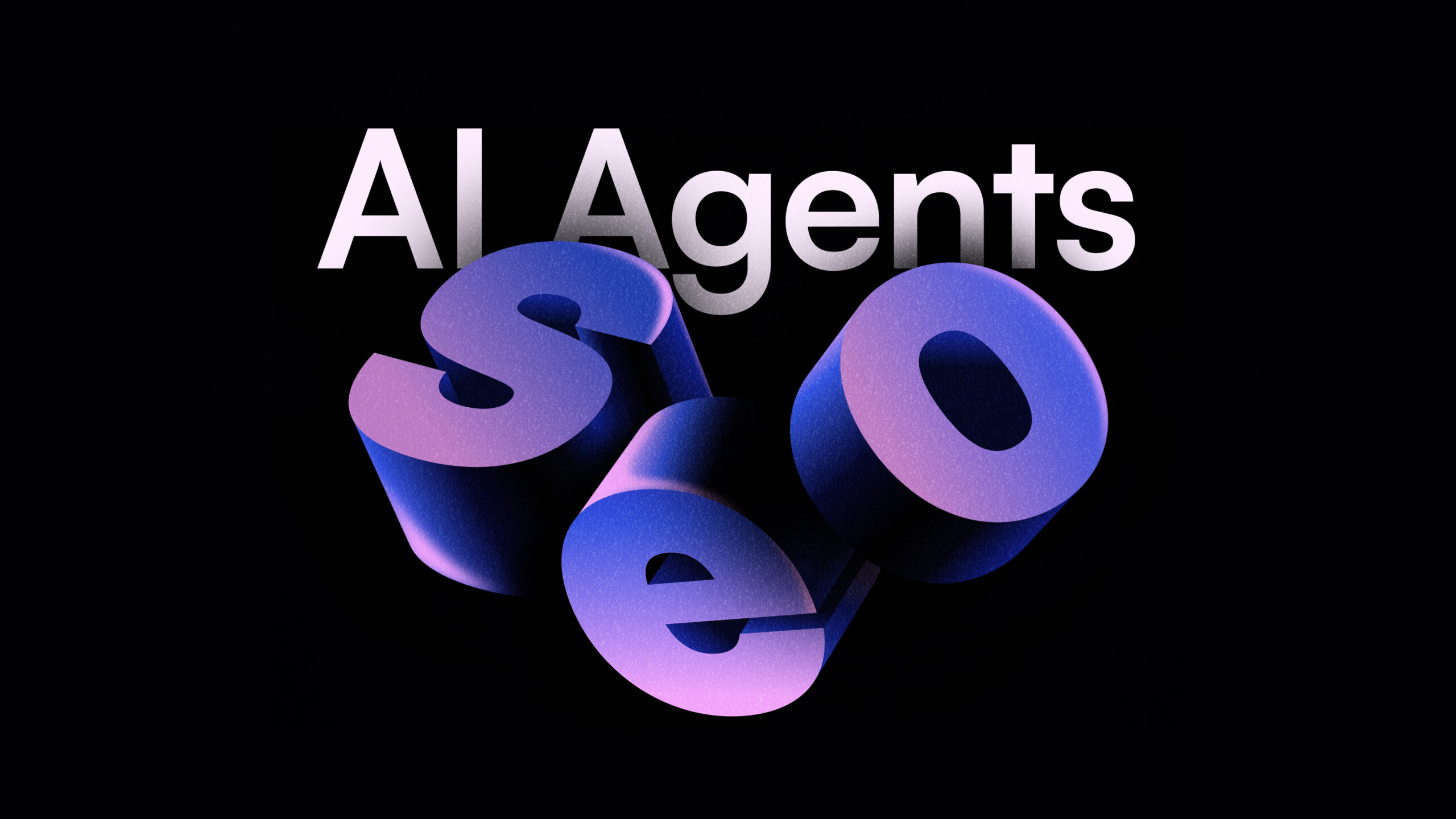
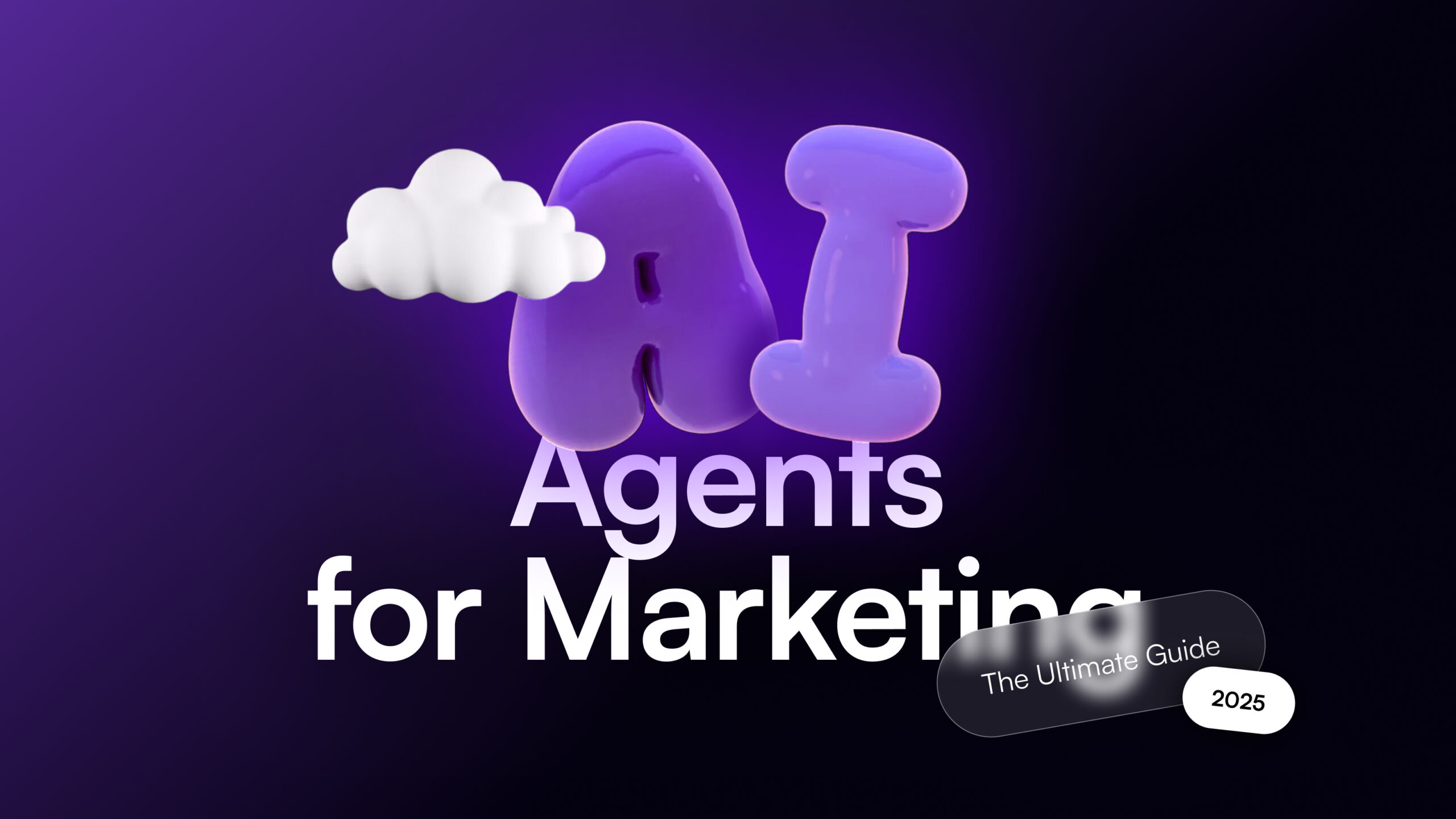
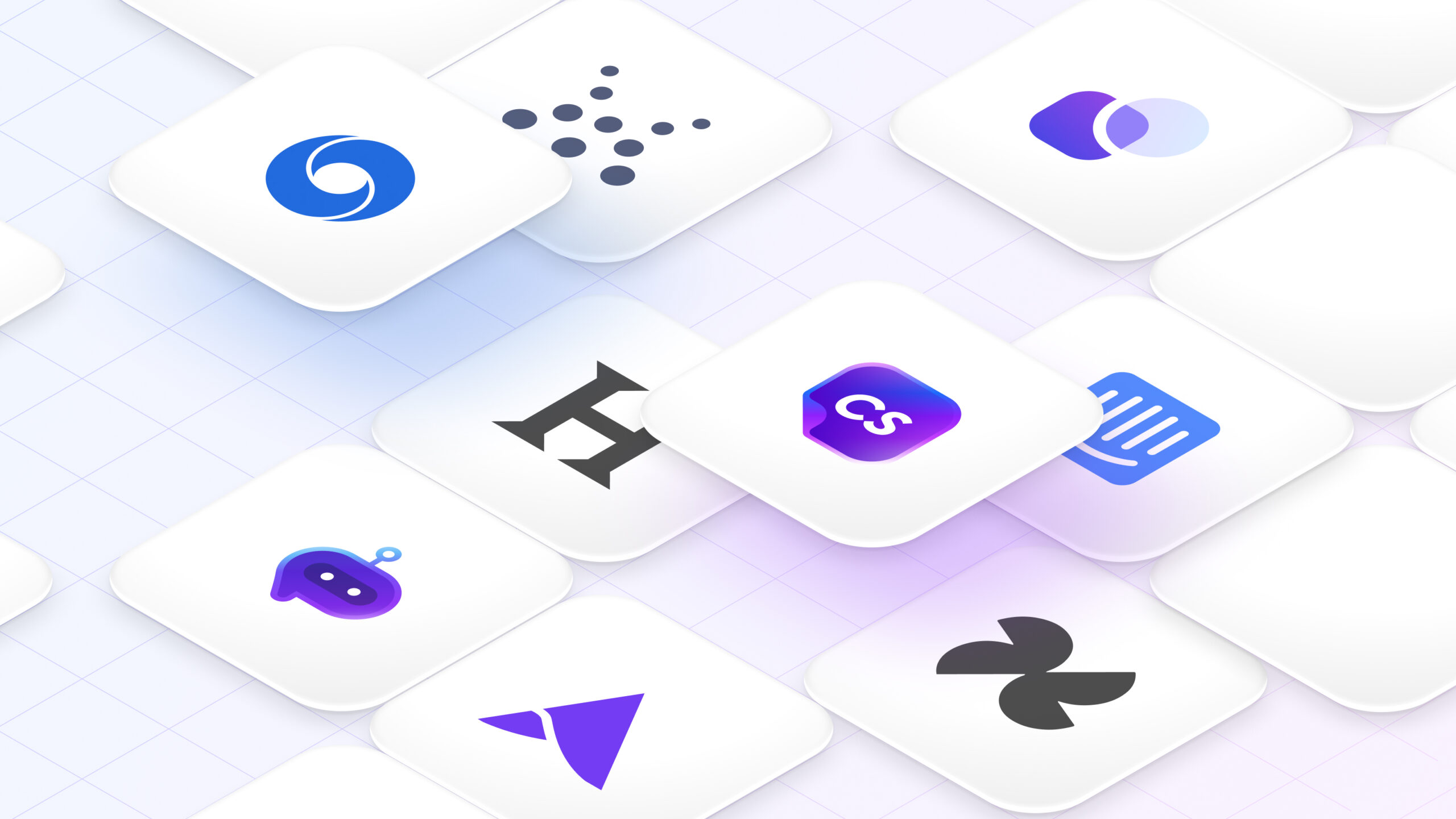
![40 AI Agent Use Cases Across Industries [+Real World Examples]](/wp-content/uploads/AI-Agent-Use-Cases-1-scaled.jpg)
